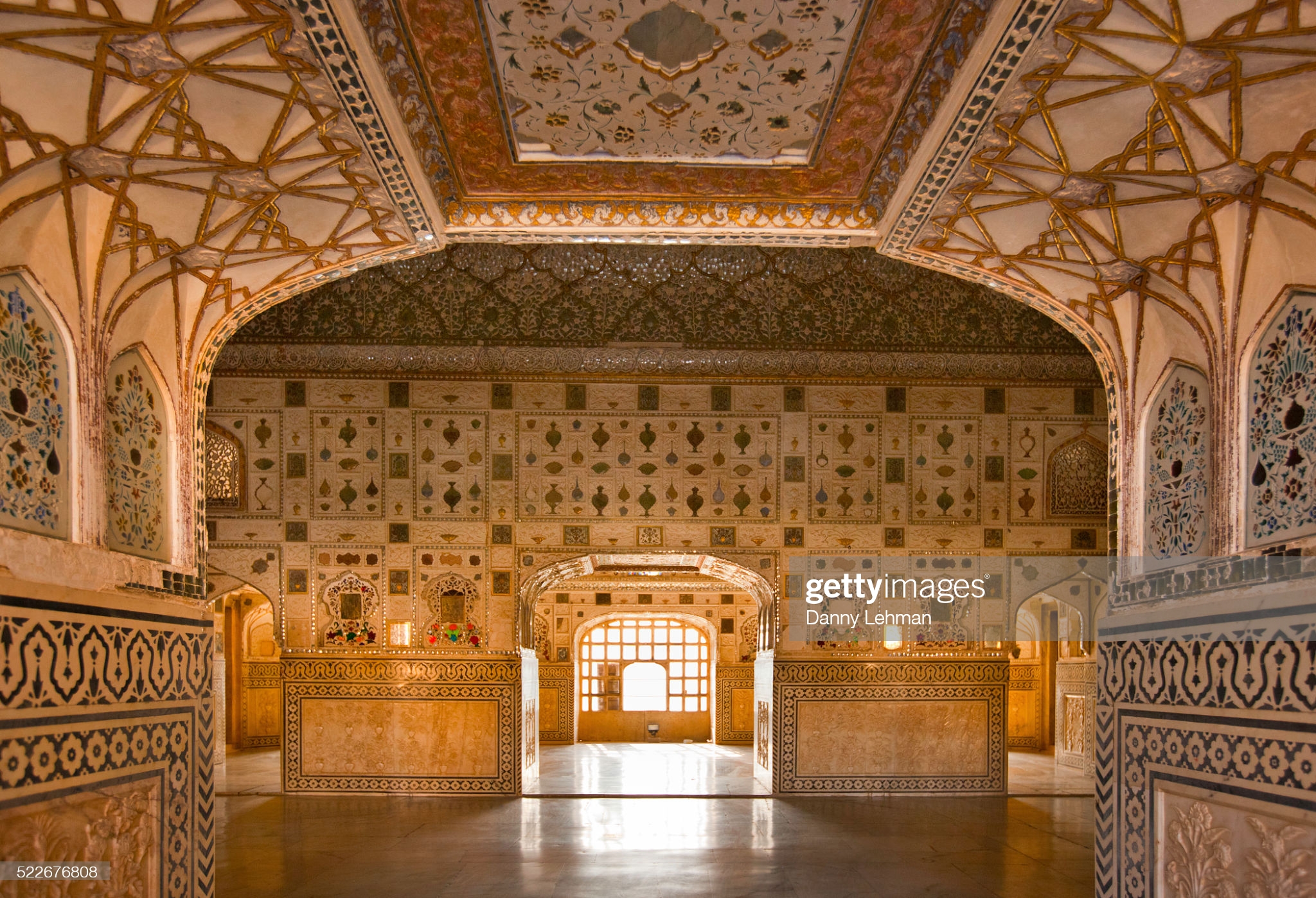
illuminating
the past
The Dan David Prize recognizes outstanding scholarship that
illuminates the past and seeks to anchor public discourse in a
deeper understanding of history.
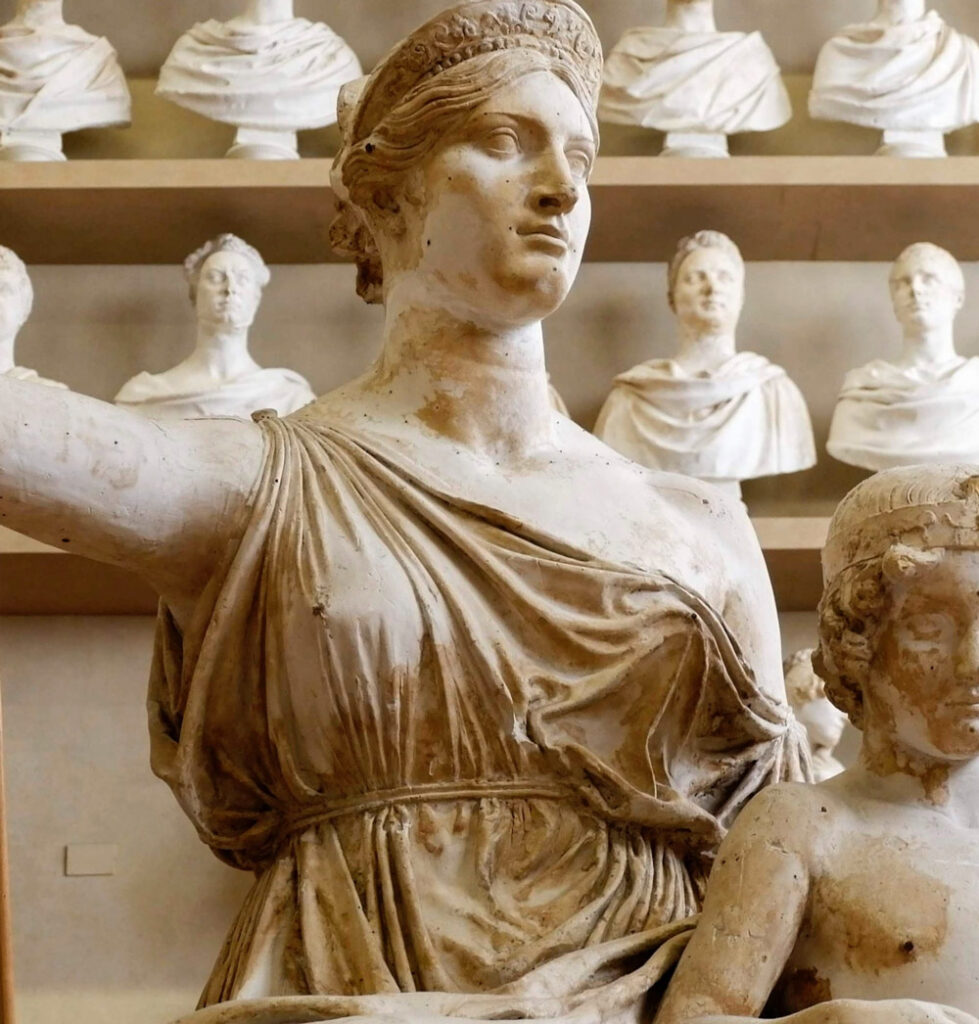
About us
The Dan David Prize is the largest history prize in the world with an annual purse of $3 million. We will award up to nine prizes of $300,000 each to outstanding scholars and practitioners in the historical disciplines. The remaining $300,000 will fund an international postdoctoral fellowship at Tel Aviv University. The Prize is endowed by the Dan David Foundation and headquartered at Tel Aviv University.
Subscribe to our Newsletter
Stay up to date with the latest news on the Dan David Prize. Register for our newsletter here.
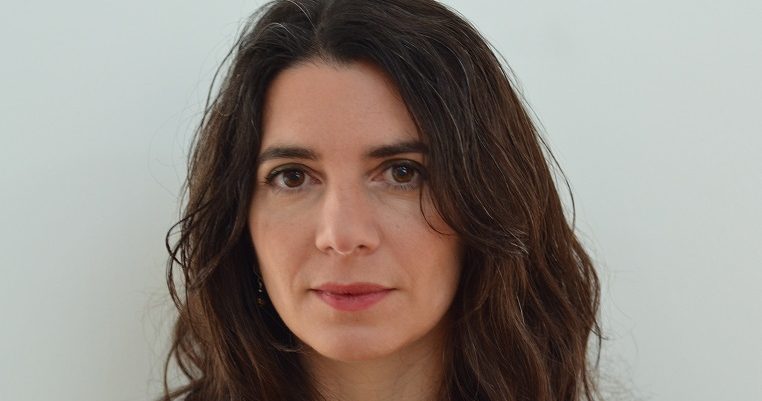
German Historical Institute, London, UK
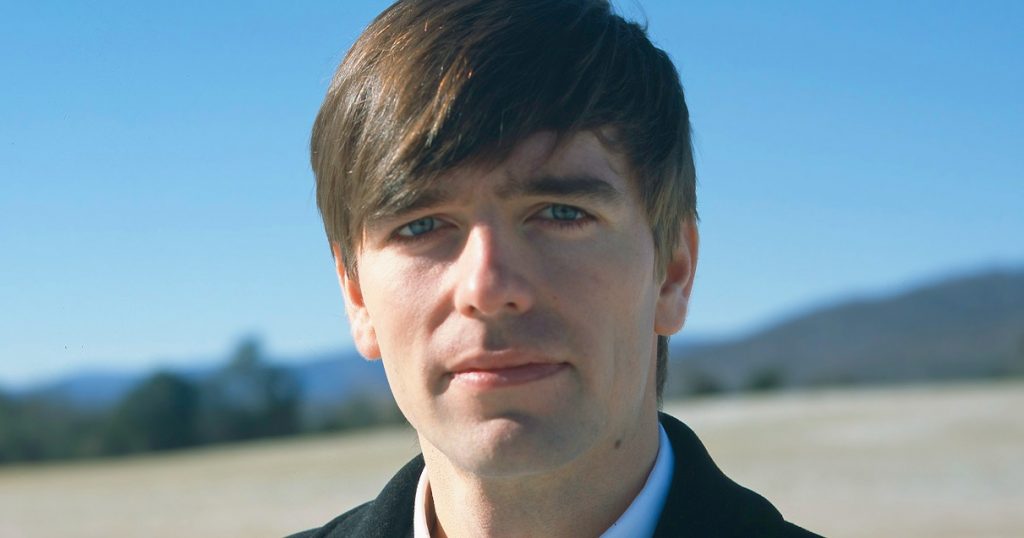
Ohio State University, Columbus, OH
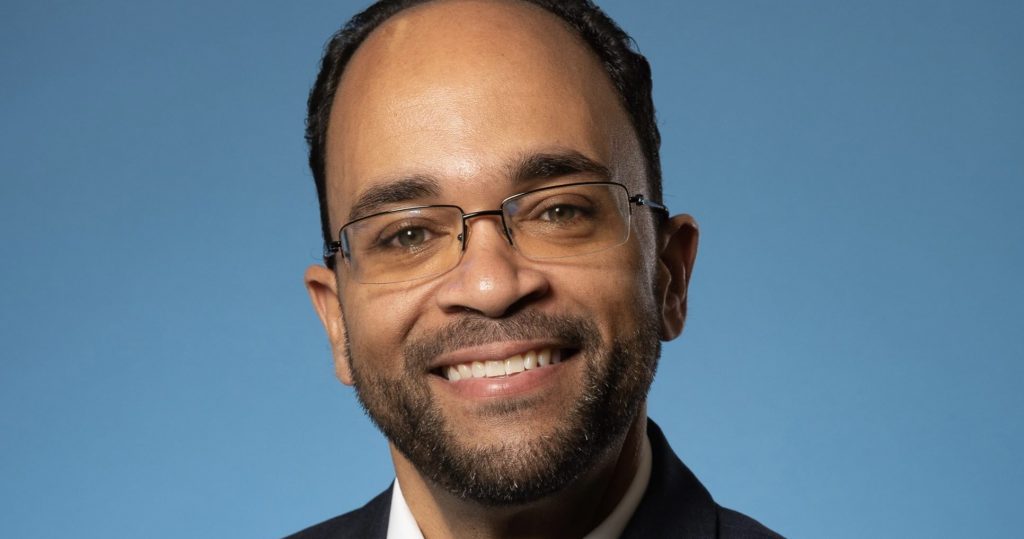
Indiana University–Purdue University Indianapolis, IN
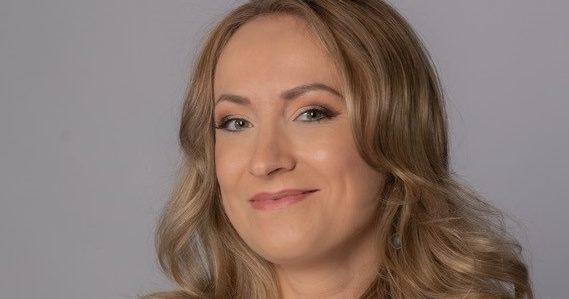
Ruhr-University, Bochum, Germany
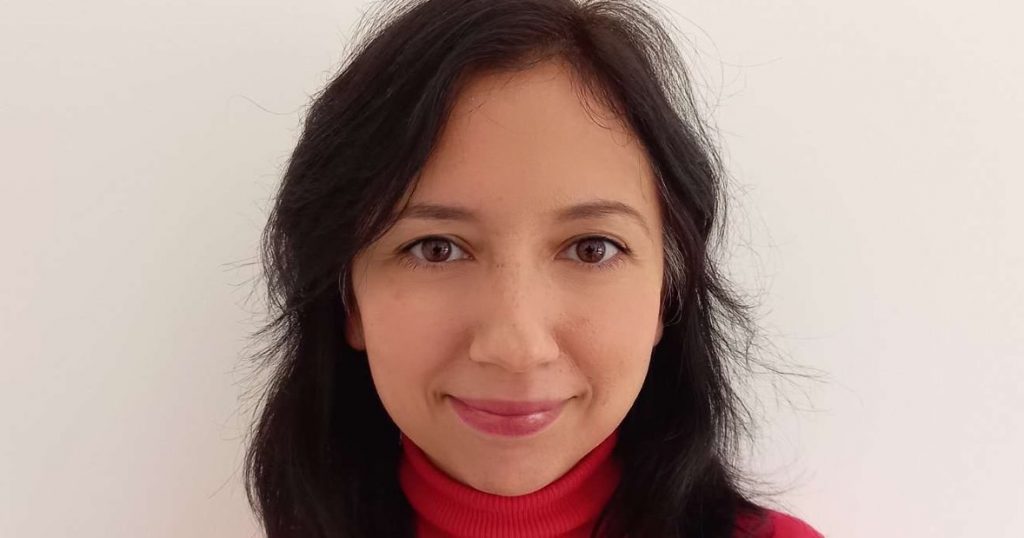
Cyprus Institute, Aglantzia, Cyprus
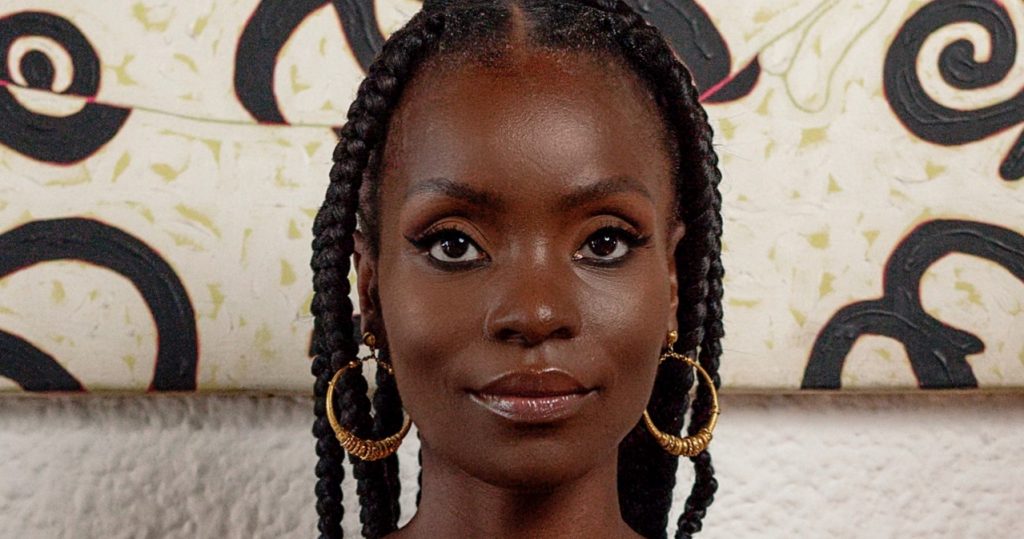
ANO Institute of Arts and Knowledge, Accra, Ghana
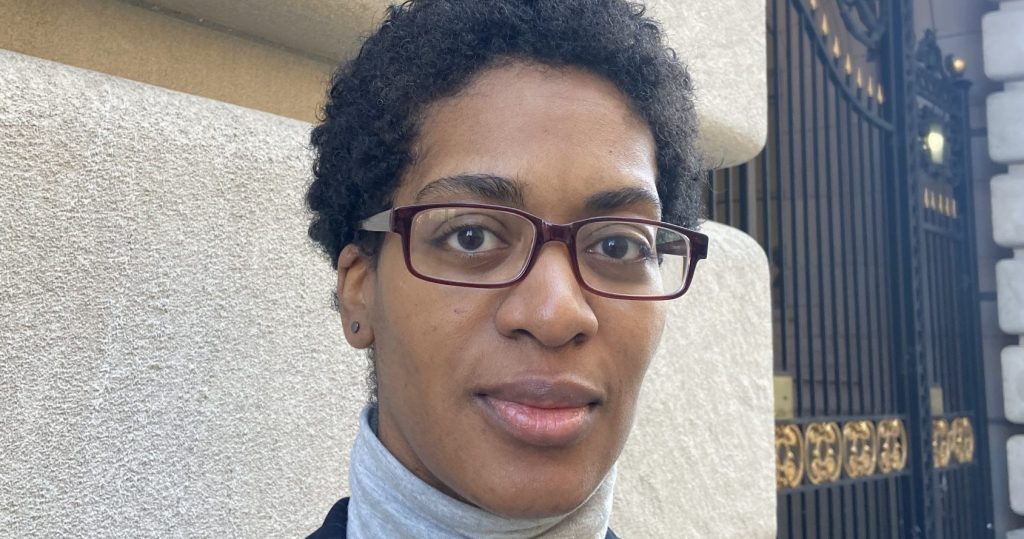
Queens College and the Graduate Center, CUNY, New York, NY
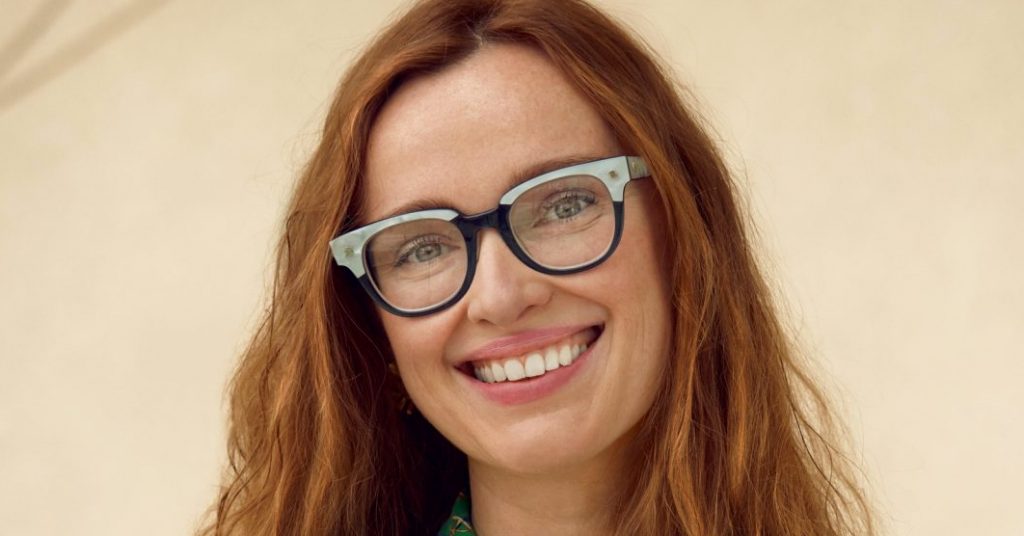
Foundation for the Memory of the Shoah, Paris, France
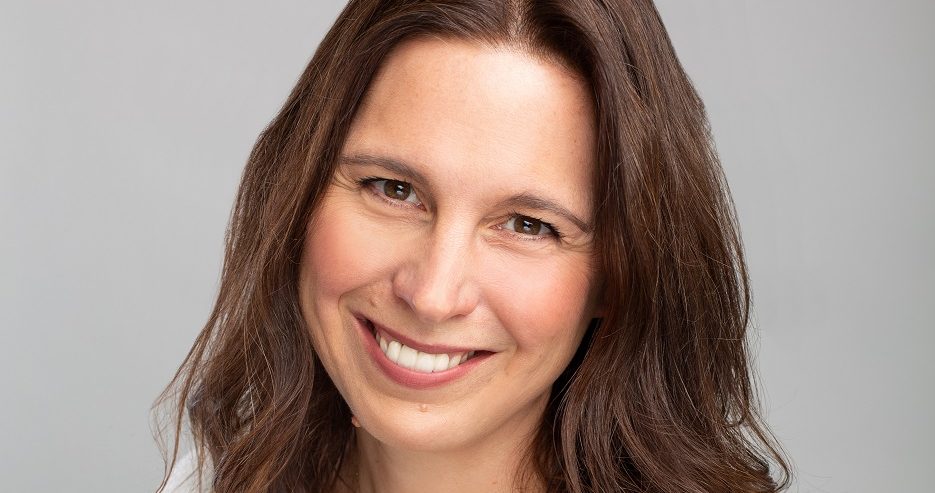
Vanderbilt University, Nashville, TN
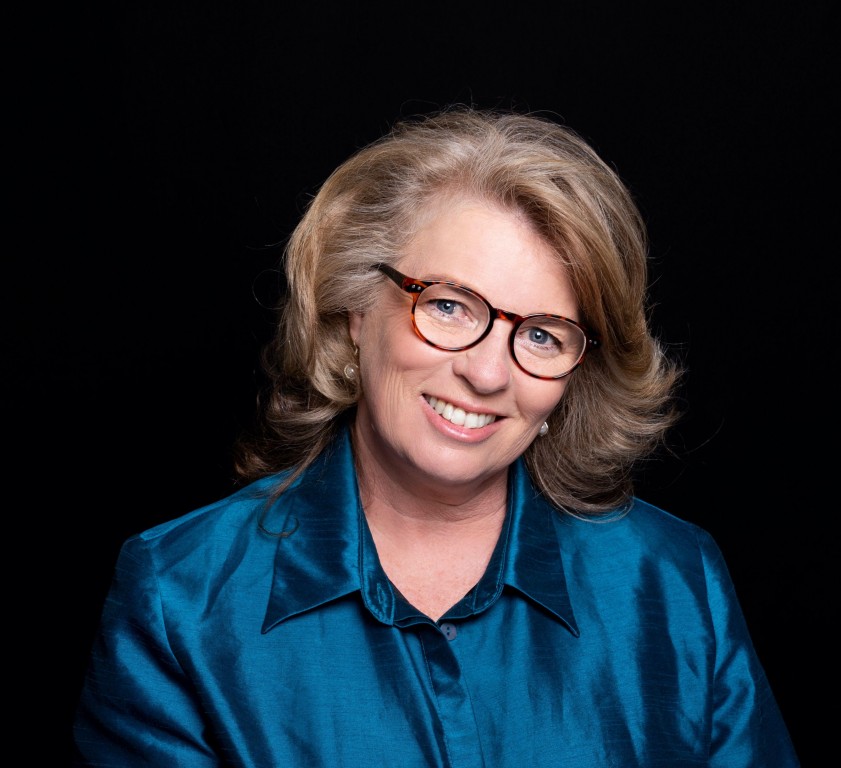
Prof. Alison Bashford has contributed immensely to the history of medicine and science by connecting it with global history and environmental history.
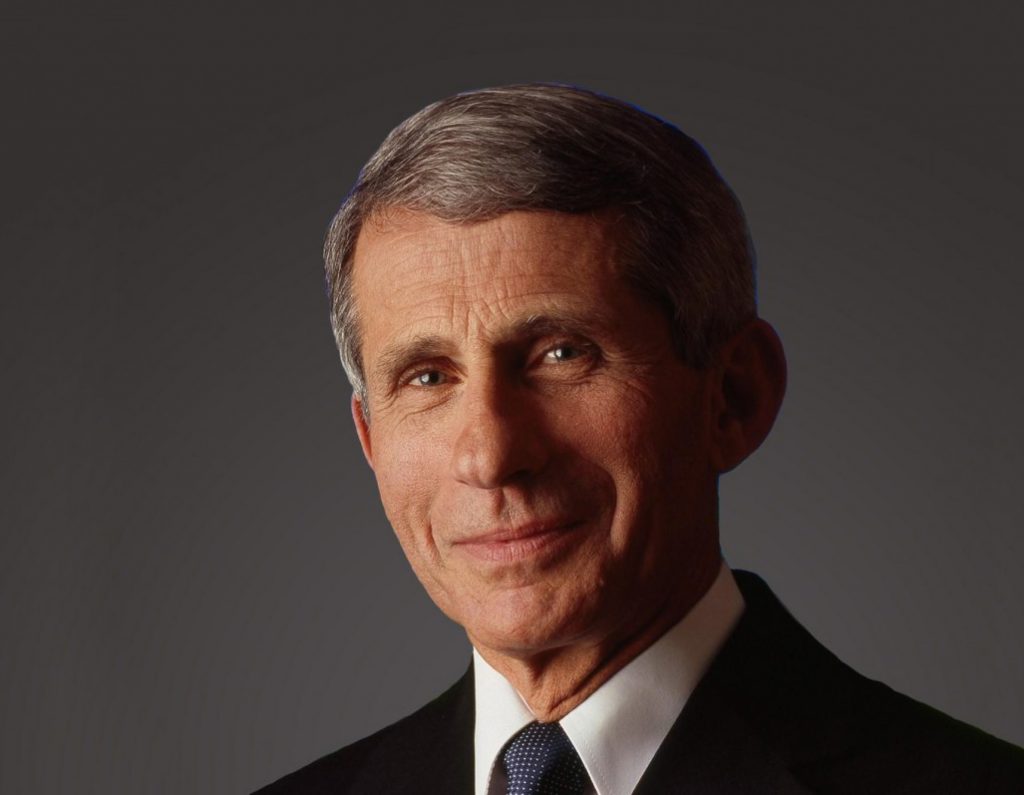
Anthony S. Fauci, M.D. is director of the National Institute of Allergy and Infectious Diseases (NIAID) at the U.S. National Institutes of Health.
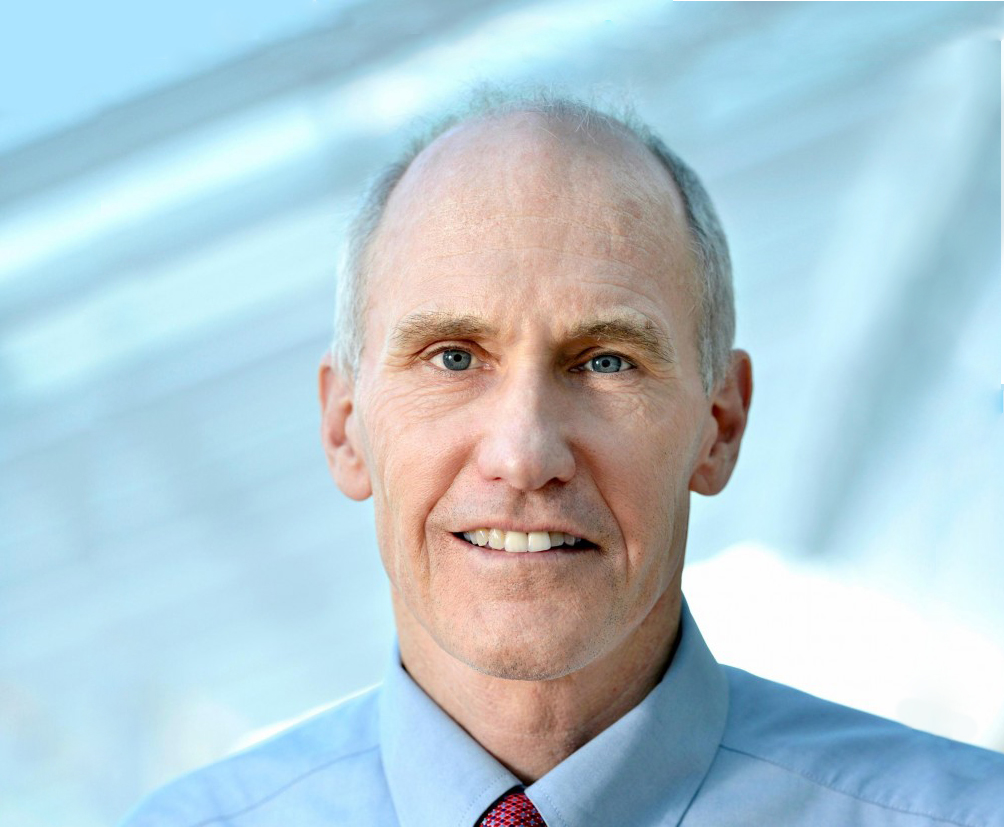
Dr. Carl June is a physician, scientist and Professor of Immunotherapy at the University of Pennsylvania.
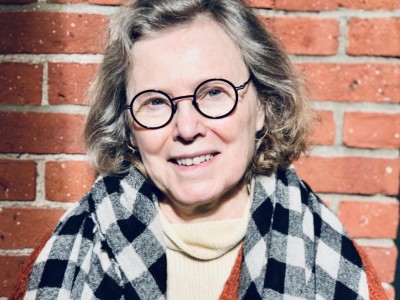
Prof. Katharine Park studies the histories of the body, of sex difference, and medicine in medieval and Renaissance Europe.
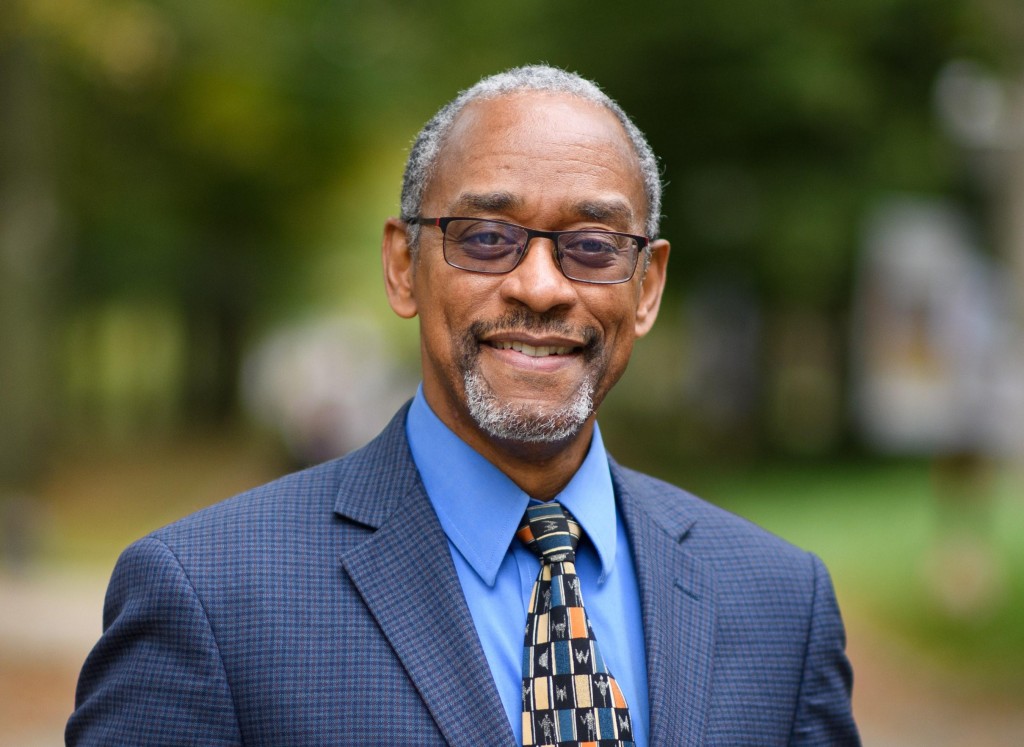
Prof. Keith Wailoo has authored an influential body of historical scholarship focused on race, science, and health equity.
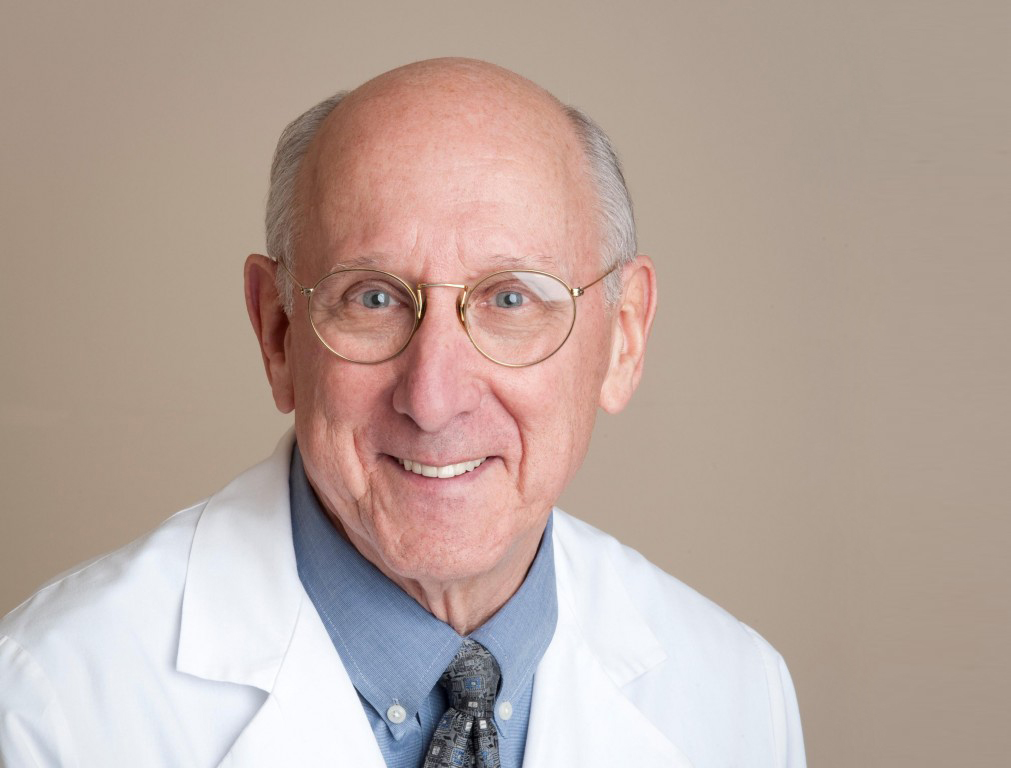
Dr. Steven Rosenberg pioneered the first effective immunotherapies for patients with advanced cancer.
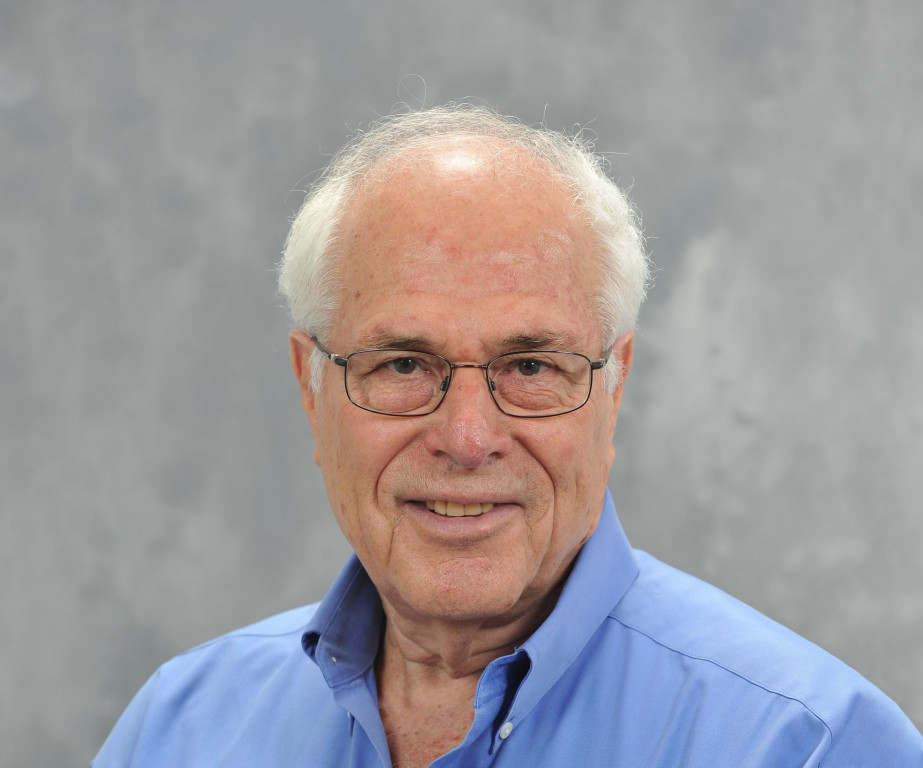
Prof. Zelig Eshhar is an Israeli immunologist and pioneer of the CAR-T cell approach and its application to cancer therapy.
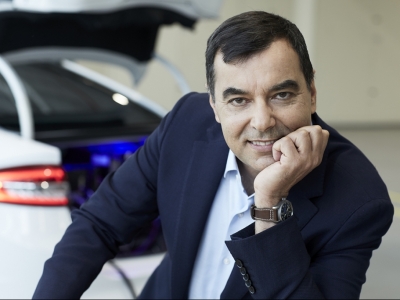
Prof. Amnon Shashua is the CEO and co-founder of Mobileye, an Israeli company that develops vision-based self-driving car technology and advanced driver-assistance systems.
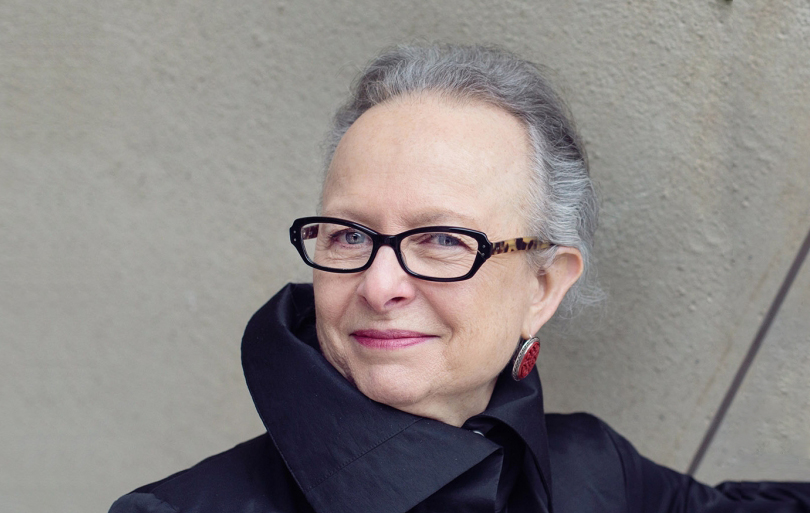
Barbara Kirshenblatt-Gimblett serves as the Chief Curator of the Core Exhibition and Advisor to the Director at POLIN Museum of the History of Polish Jews in Warsaw.
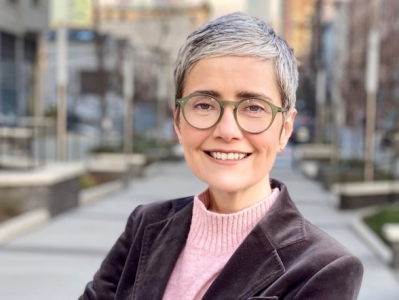
Debora Diniz is an international leader in the field of reproductive justice and gender equality.
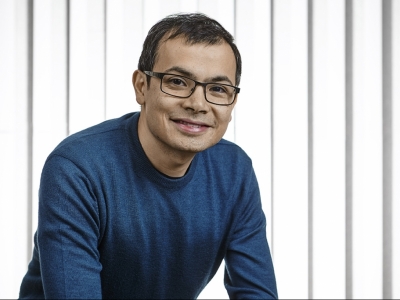
Demis Hassabis is co-founder and CEO of DeepMind, the world’s leading AI research company.
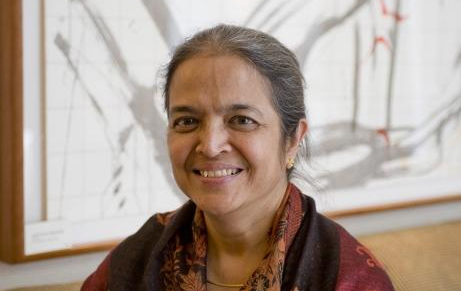
Prof. Gita Sen is the Director of the Ramalingaswami Centre on Equity & Social Determinants of health, at the Public Health Foundation of India.
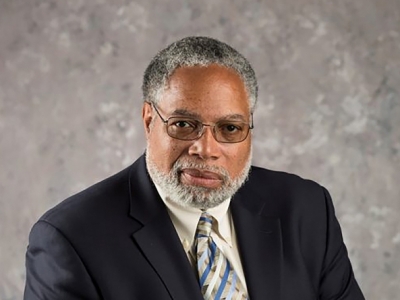
Lonnie G. Bunch III is the 14th Secretary of the Smithsonian.
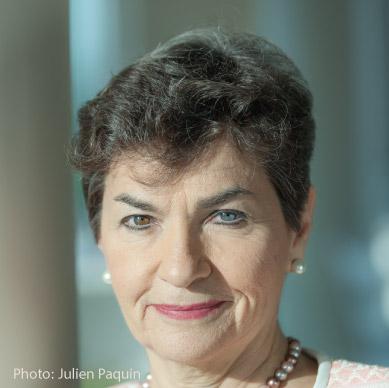
Christiana Figueres, an internationally recognized leader on global climate change, is a founding partner of Global Optimism, a purpose-driven enterprise focused on social and environmental change.
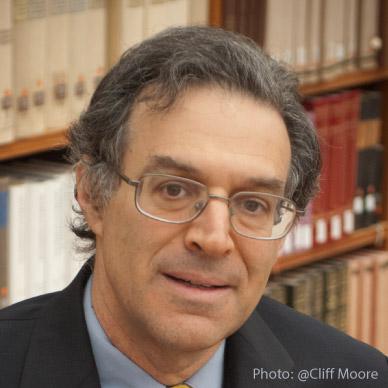
Kenneth Pomeranz, University Professor of Modern Chinese History in the Department of History at University of Chicago.
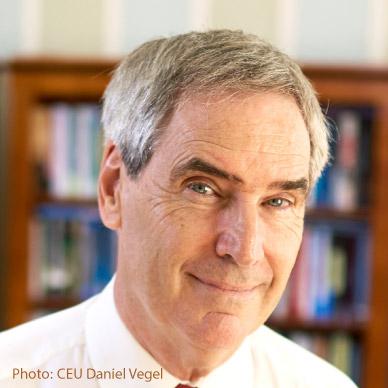
Prof. Michael Ignatieff is a vocal advocate of democracy as an historian, a reporter, a champion of human rights, and one of the first to warn against the rise of radical ethnic nationalism.
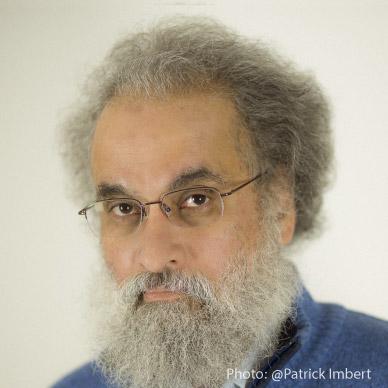
Distinguished Professor and Irving & Jean Stone Chair in Social Sciences in the Department of History at University of California, Los Angeles.

Reporters Without Borders is an international organization that has emerged over the years as the major international force helping sustain the freedom of the press across national boundaries.
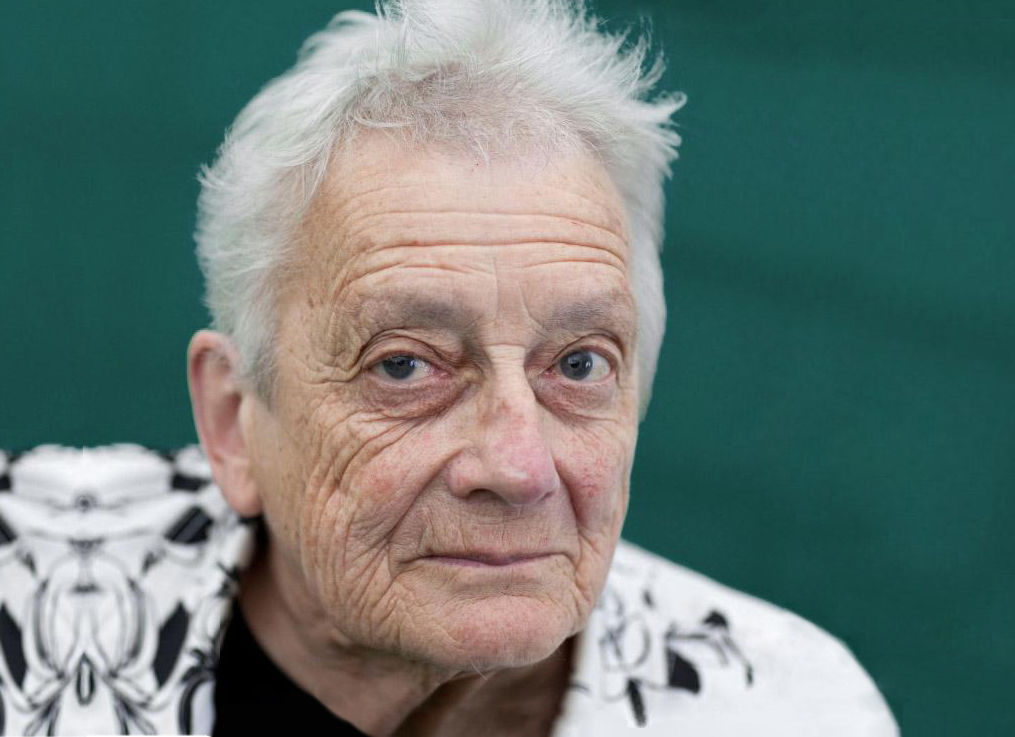
Baroness Mary Warnock was an English philosopher of morality, education and mind.
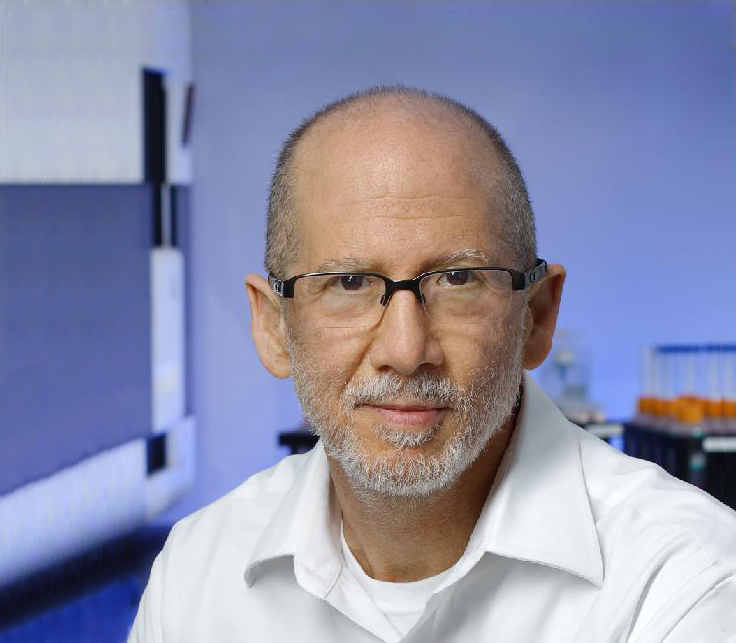
Prof. Bert Vogelstein is a Clayton Professor of Oncology and Pathology and a Howard Hughes Medical Institute investigator at Johns Hopkins Medical School and Sidney Kimmel Comprehensive Cancer Center.
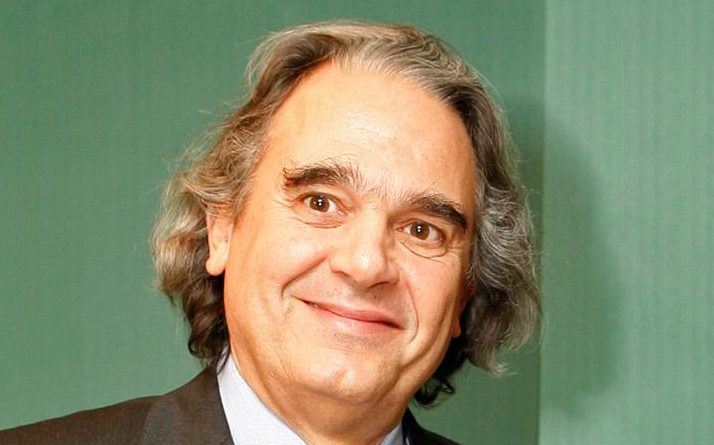
Prof. Carlo M. Croce is an Italian-American molecular geneticist and professor of medicine at Ohio State University.
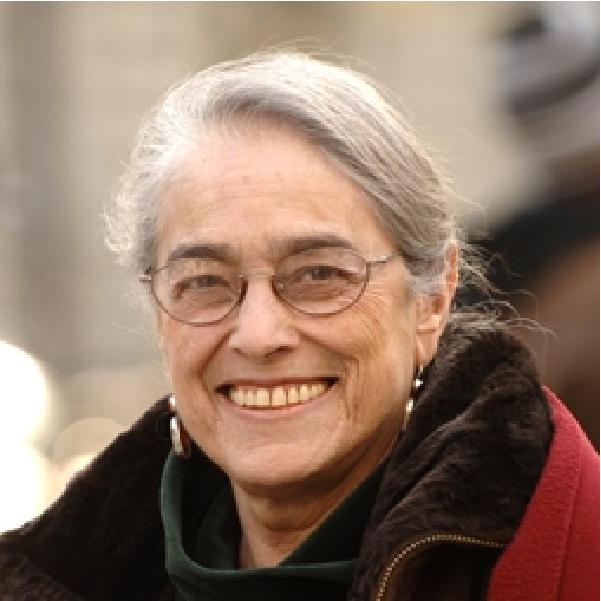
Evelyn Fox Keller is Professor Emerita of History and Philosophy of Science at Massachusetts Institute of Technology.
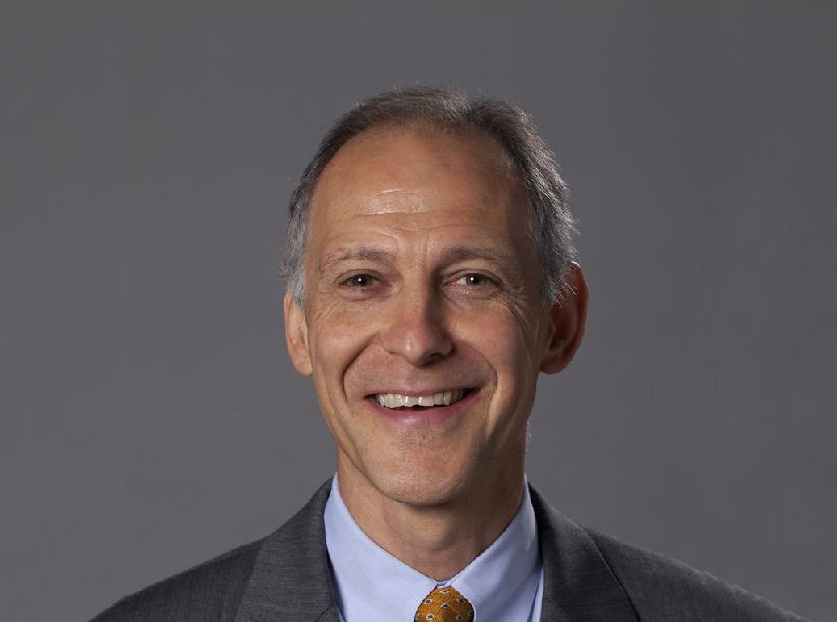
Ezekiel J. Emanuel is Vice Provost for Global Initiatives and the Diane v.S. Levy and Robert M. Levy University Professor at the University of Pennsylvania.
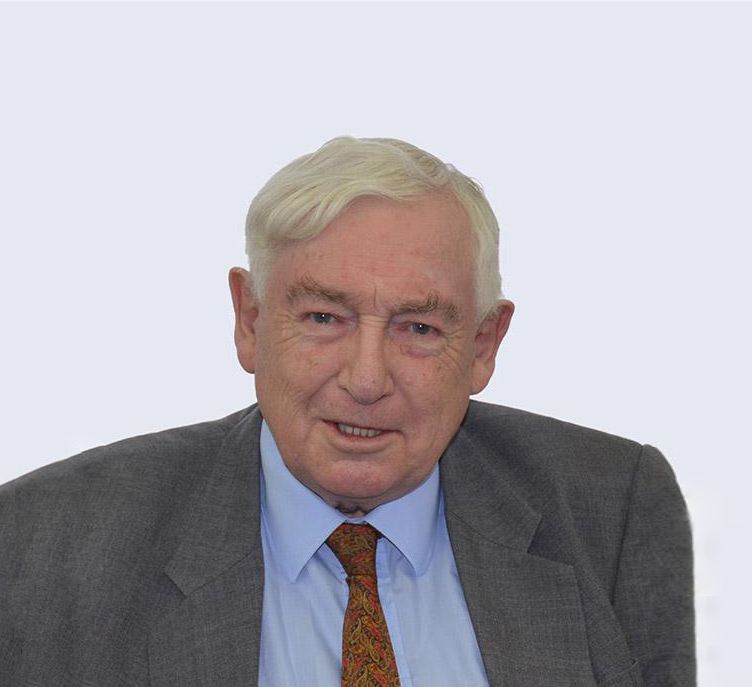
Prof. Jonathan Glover is a British philosopher, Professor Emeritus at King's College London.
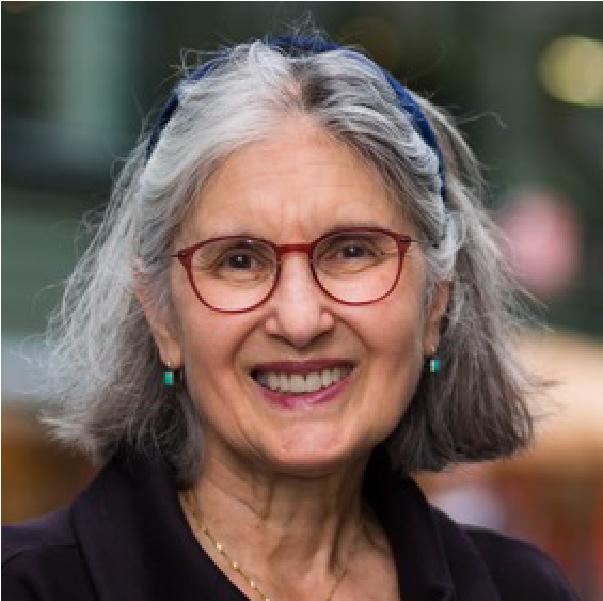
Prof. Lorraine Daston is an American historian of science, Director of the Max Planck Institute for the History of Science (MPIWG), in Berlin, Germany.
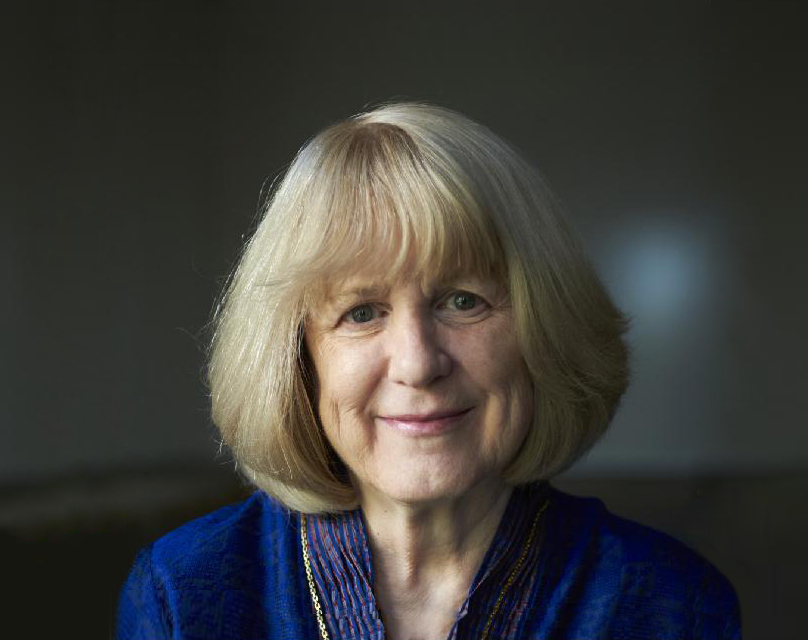
Mary-Claire King, PhD, is American Cancer Society Professor in the Department of Medicine (Division of Medical Genetics) and the Department of Genome Sciences at the University of Washington, Seattle.
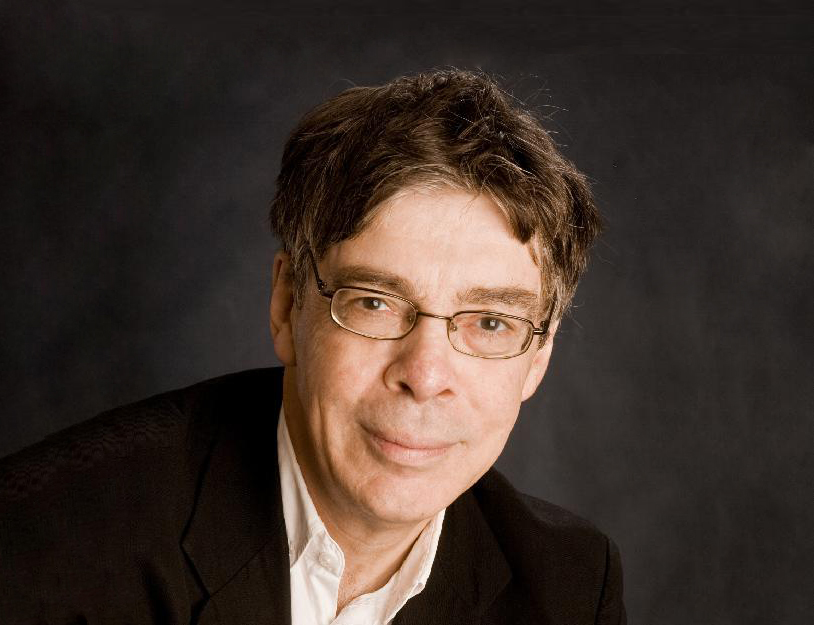
Simon J. Schaffer is a Professor of the History of Science at the Department of History and Philosophy of Science at University of Cambridge.
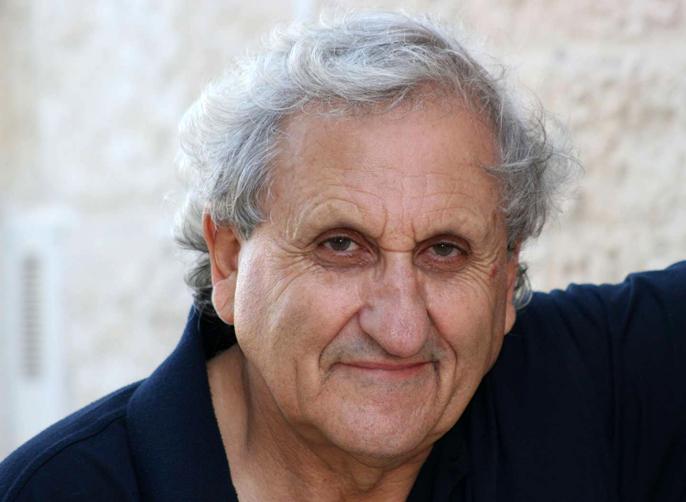
A.B. Yehoshua is one of Israel’s leading fiction writers since his debut in the late 1950s
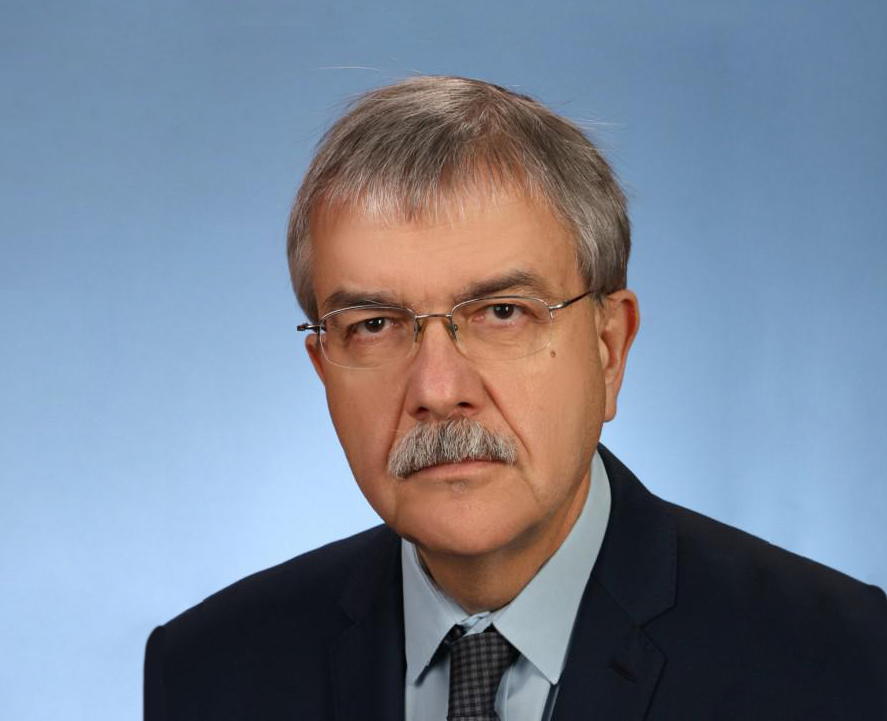
Prof. Andrzej Udalski is the former Director of the Astronomical Observatory of the University of Warsaw and the head of the Optical Gravitational Lensing Experiment.
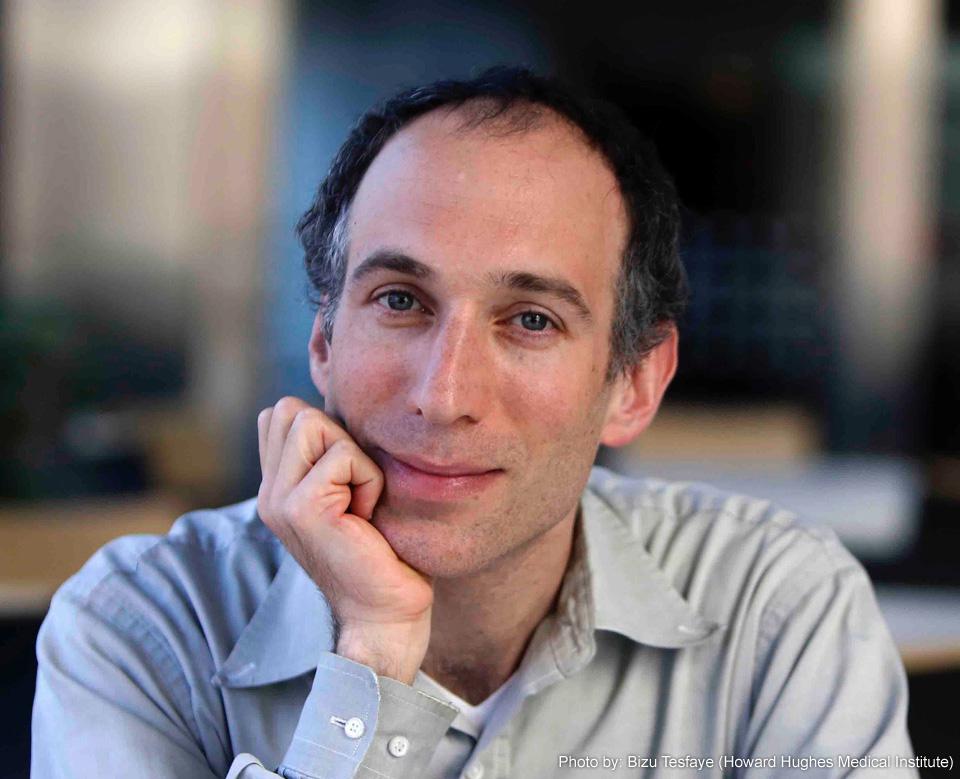
Prof. David Reich, from the Department of Genetics, Harvard Medical School, USA, and the Howard Hughes Medical Institute, is the world’s leading pioneer in analyzing ancient human DNA.
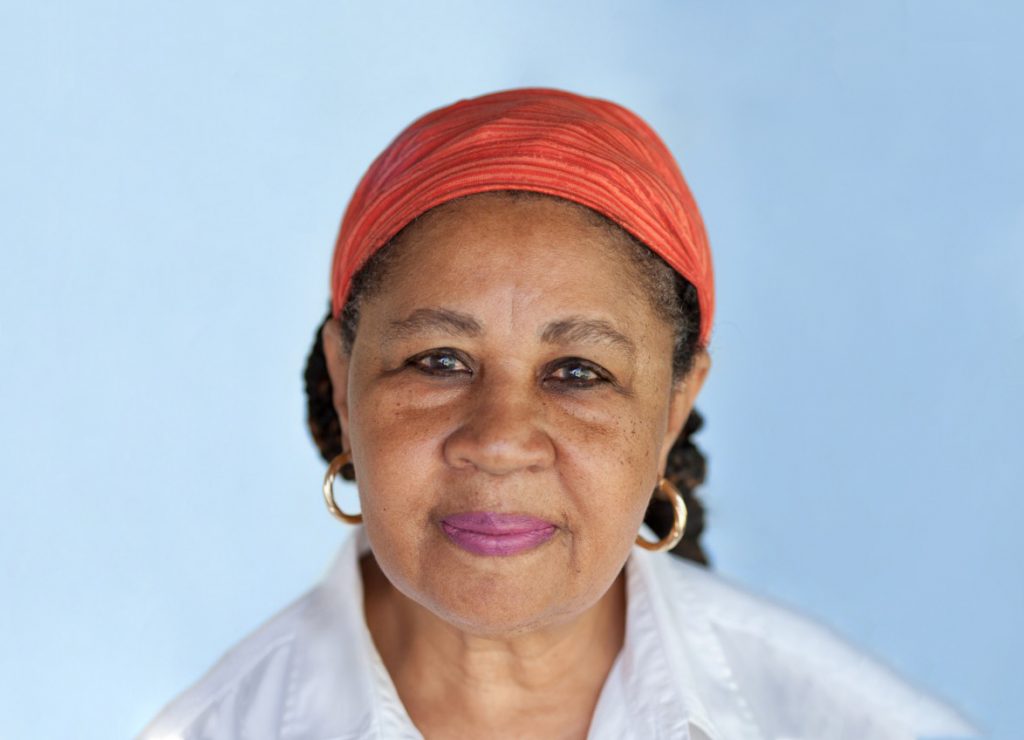
Jamaica Kincaid is celebrated worldwide as one of the most important and influential writers today.
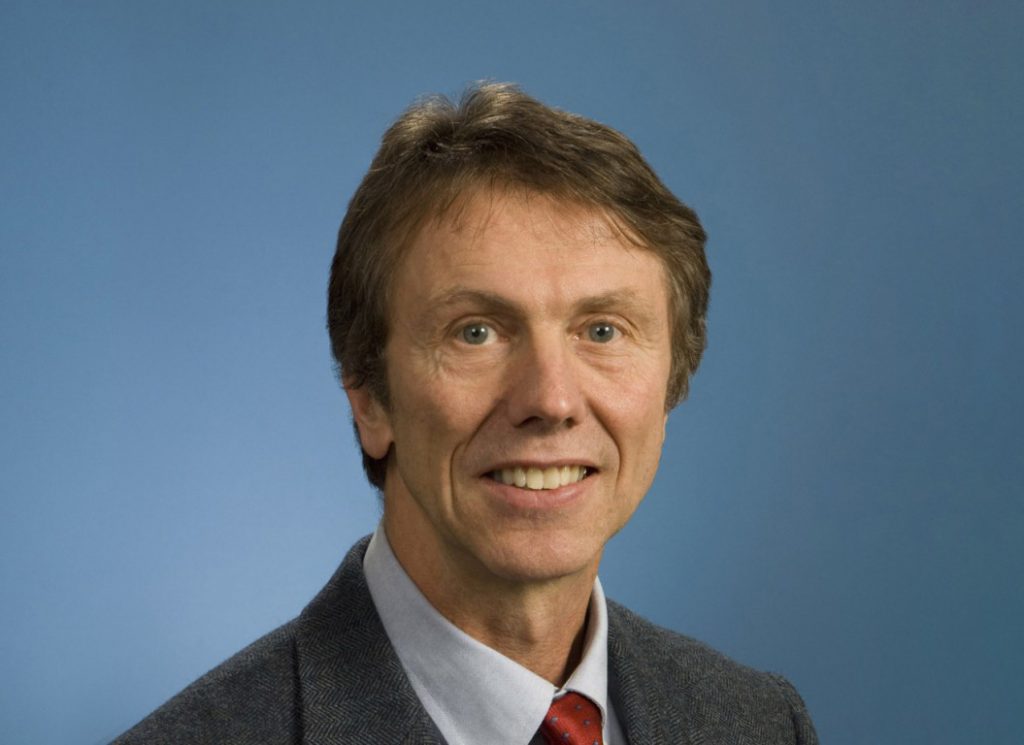
Prof. Neil Gehrels was the Director of the NASA Astroparticle Physics Laboratory and a leading figure for several decades in the field of gamma ray astronomy.
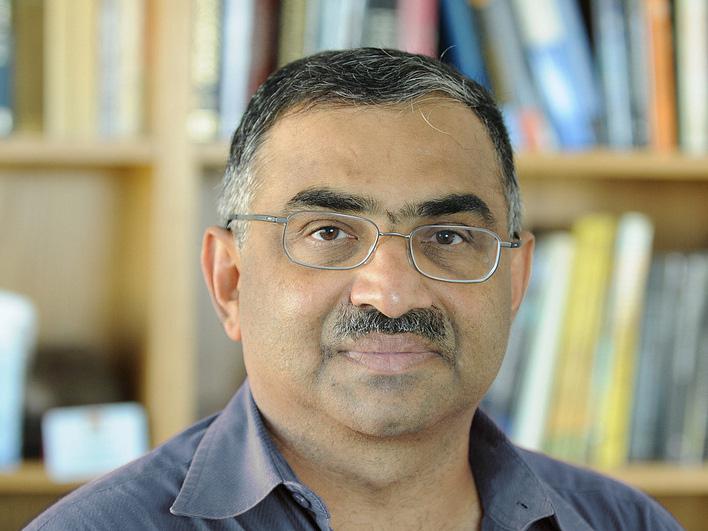
Shrinivas Kulkarni is the Director of Caltech Optical Observatories and the Director of the NASA Exoplanet Science Institute.

Prof. Svante Pääbo is the Director of the Department of Genetics at the Max Planck Institute for Evolutionary Anthropology, Germany.
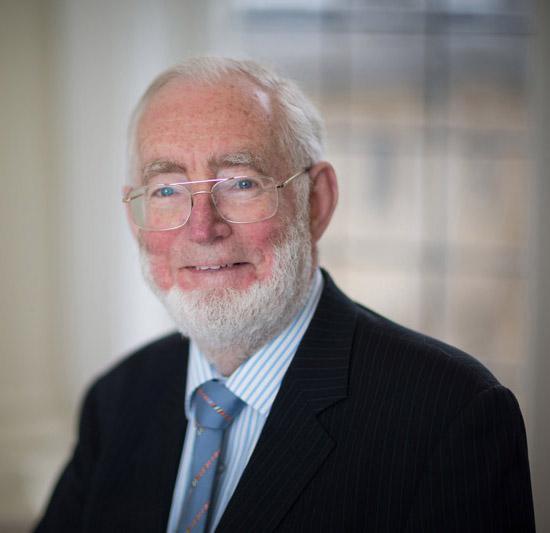
Prof. Sir Anthony B. Atkinson, Centennial Professor, London School of Economics and Honorary Fellow Nuffield College, Oxford.
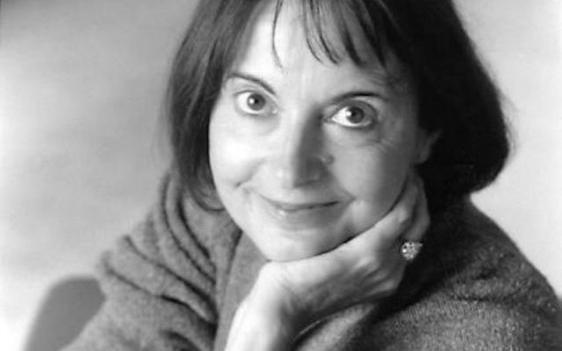
Prof. Arlette Farge is a Professor at the Center for historical research, Paris.
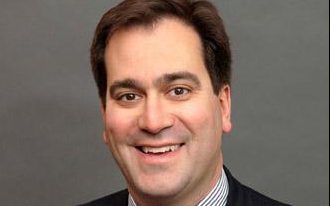
Prof. Chad A. Mirkin is the George B. Rathmann Prof. of Chemistry, Prof. of Chemical and Biological Engineering, Prof. of Biomedical Engineering, Prof. of Materials Science and Engineering, and Prof. of Medicine and the Director of the International Institute for…
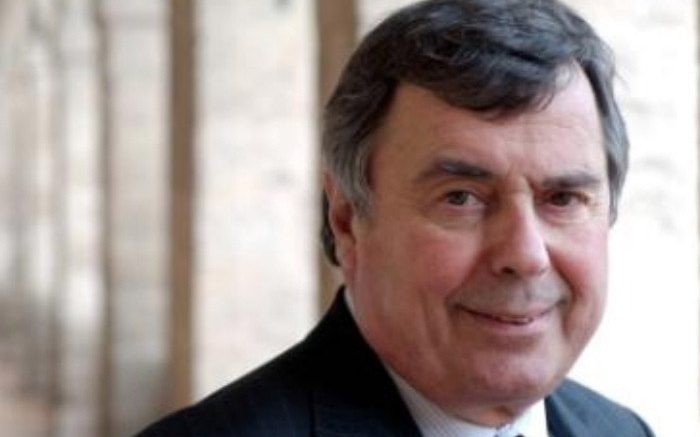
Prof. François Bourguignon, Professor of Economics, Paris School of Economics. He is one of the world's leading scholars on poverty and inequality.
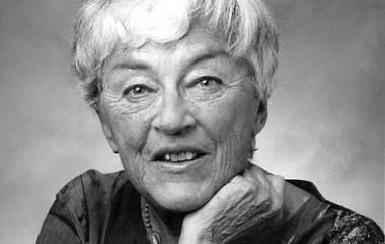
Prof. Inga Clendinnen was an outstanding historian who focused on social history and the history of cultural encounters in the early modern period.
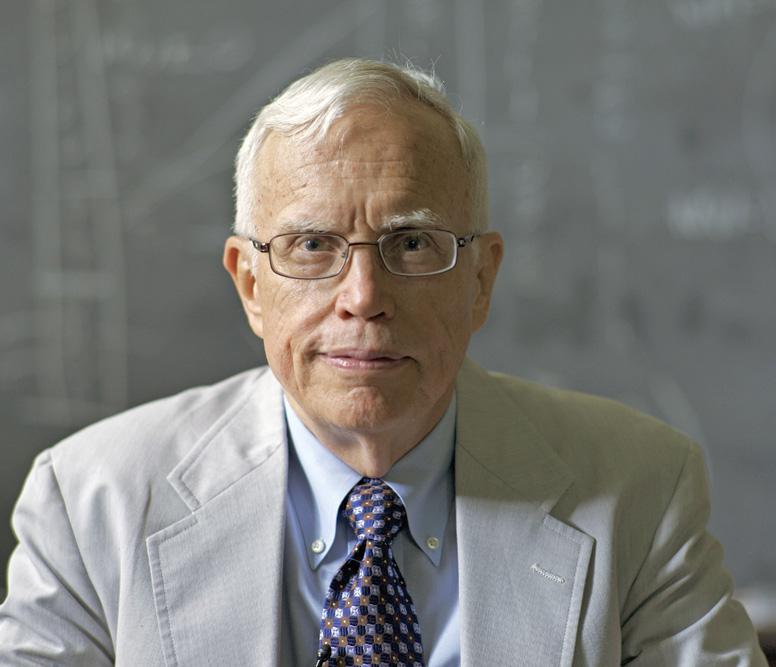
Prof. James J. Heckman is the Henry Schultz Distinguished Service Professor of Economics at the University of Chicago.
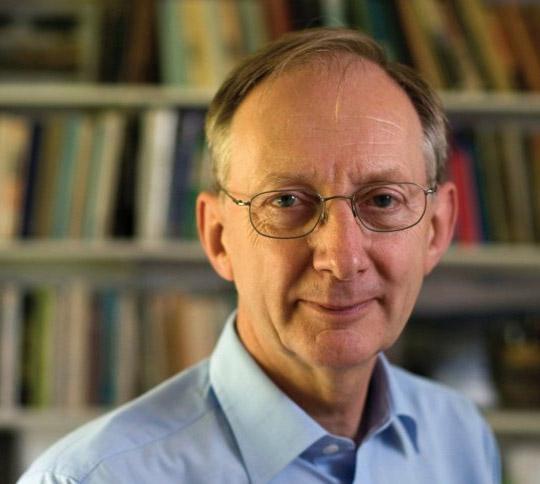
Prof. Sir John Pendry FRS, the Blackett Laboratory, Imperial College London, is a condensed matter theorist.
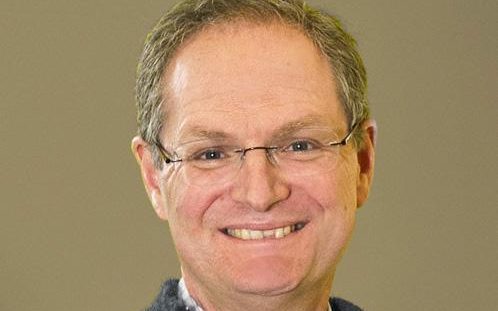
Prof. Paul Alivisatos is the University of California (UC) Berkeley's Samsung Distinguished Professor of Nanoscience and Nanotechnology.
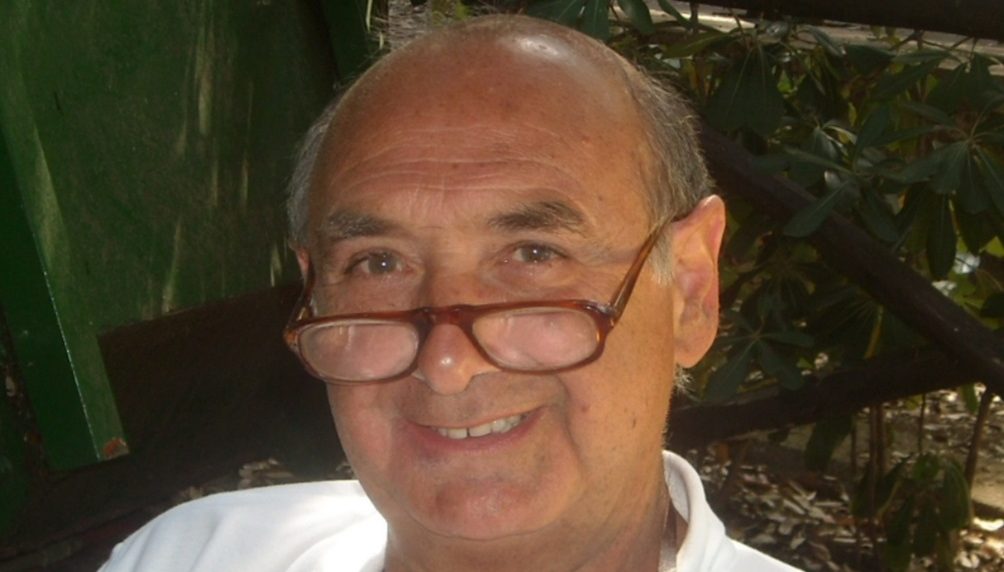
Prof. Alessandro Portelli, a leading practitioner of oral history, is Professor Emeritus, Università di Roma "La Sapienza".
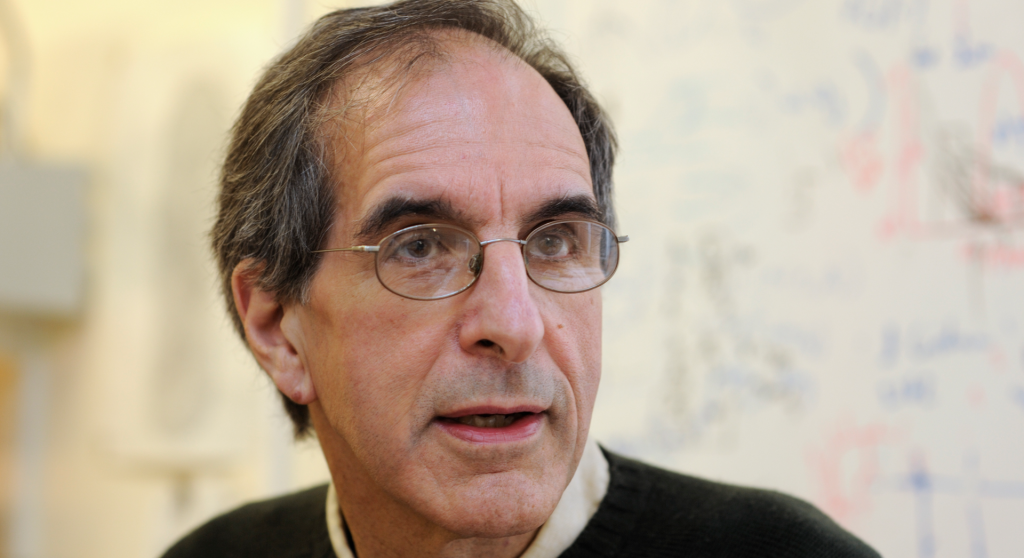
Dr. Cyrus Chothia is Emeritus group leader, MRC Laboratory of Molecular Biology, Structural Studies Division, in Cambridge, U.K.
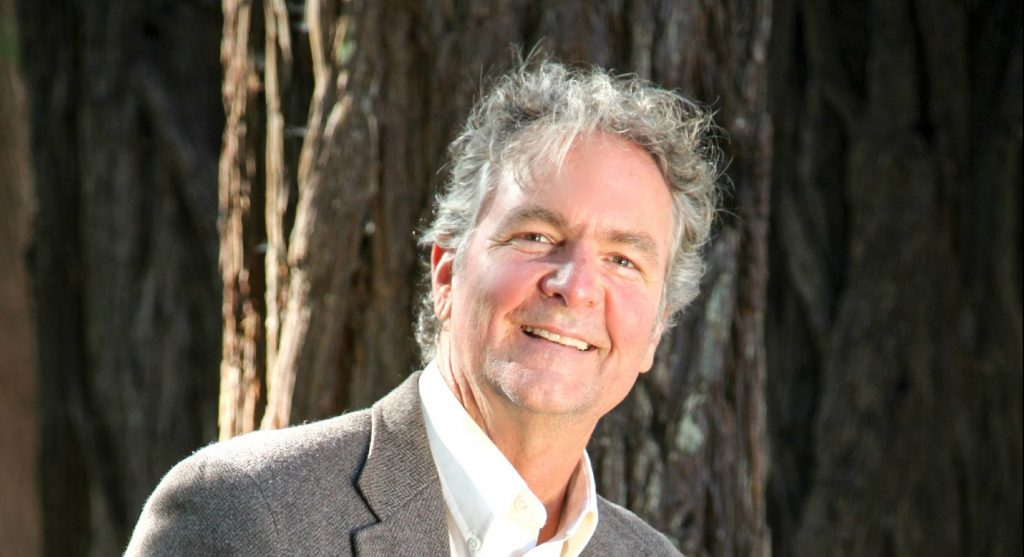
Prof. David Haussler is a Distinguished Professor of Biomolecular Engineering at the University of California, Santa Cruz, and Scientific Director of the UC Santa Cruz Genomics Institute.
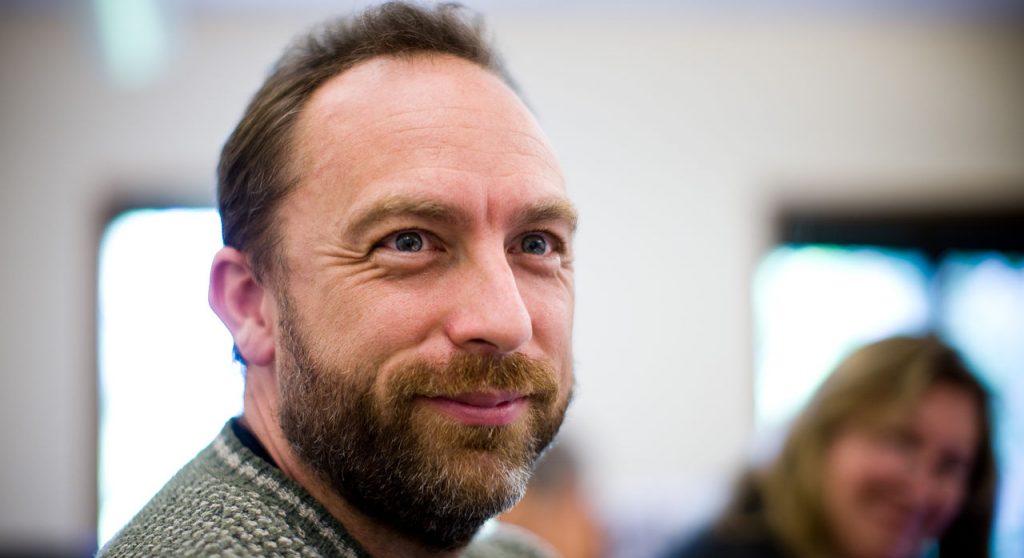
Mr. Jimmy Wales is the founder of Wikipedia and a member of the Board of Trustees, Wikimedia Foundation.
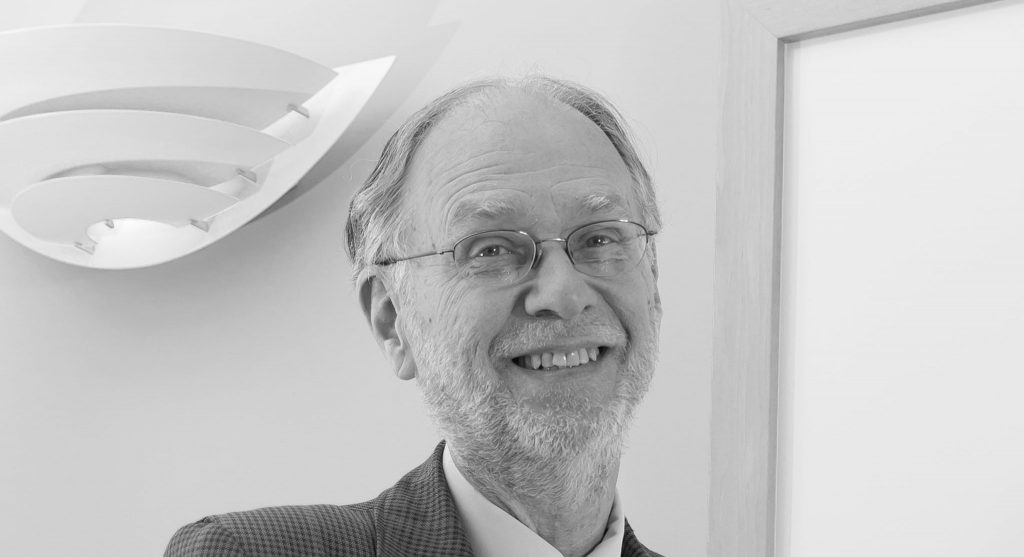
Prof. Michael S. Waterman is Professor of Biological Sciences, Mathematics, Computer Science at the Department of Biological Sciences, University of Southern California.
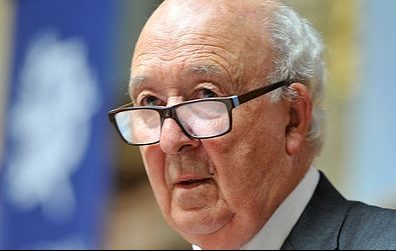
Prof. Peter R. Brown, a renowned humanist, is the Philip and Beulah Rollins Professor of History, Emeritus, at the Department of History, Princeton University.
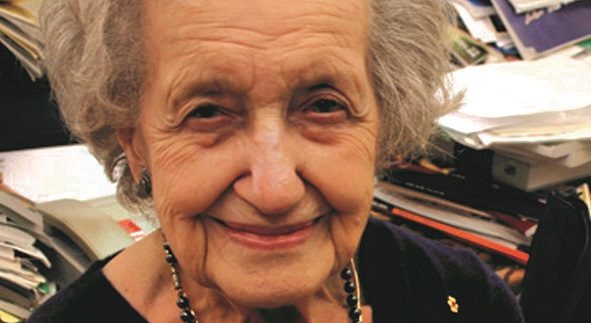
Brenda Milner is the Dorothy J. Killam Professor at the Montreal Neurological Institute, and a professor in the Department of Neurology and Neurosurgery at McGill University.
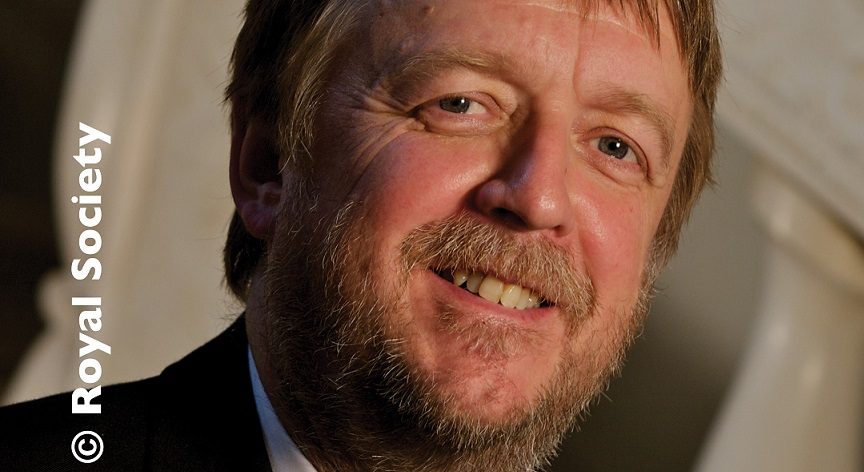
Prof. John A. Hardy is the Head of the Department of Molecular Neuroscience and Chair of Molecular Biology of Neurological Disease at the University College London Institute of Neurology.
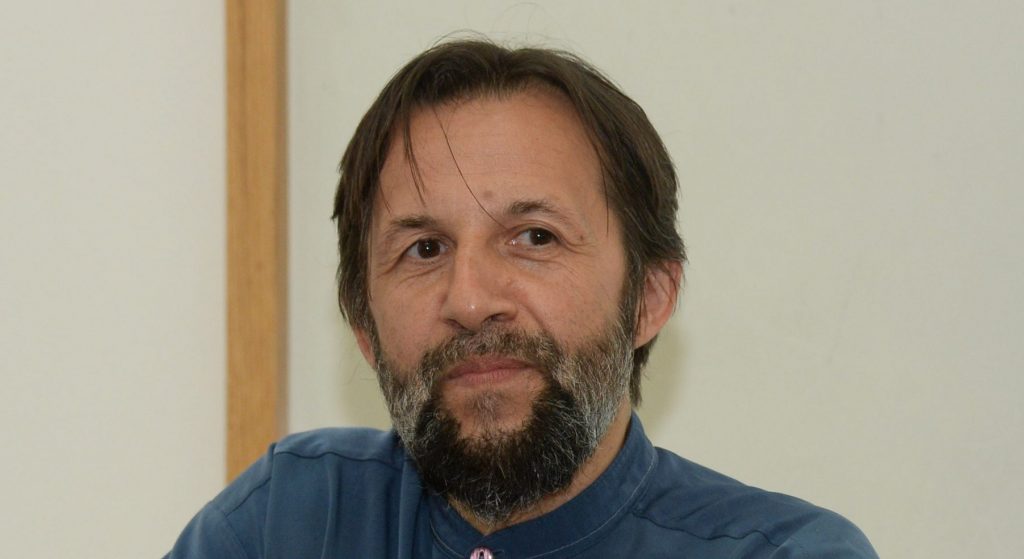
Mr. Krysztof Czyzewski is a renowned Polish publisher, writer and theater director, public intellectual and social activist.
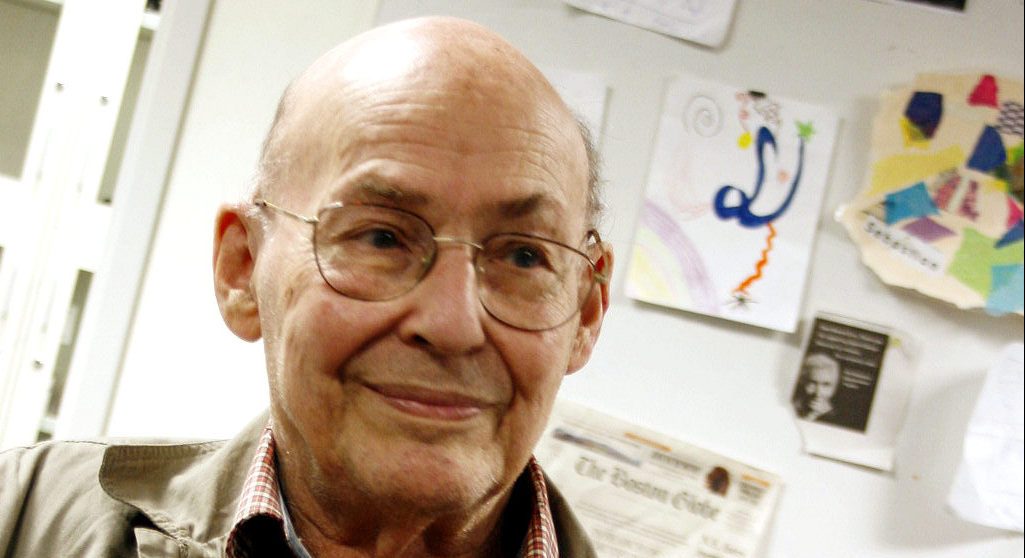
Prof. Marvin Minsky was one of the founders of the field of artificial intelligence and is among the most influential figures of the twentieth century in a variety of disciplines, including artificial intelligence, robotics, computation, learning, cognition, philosophy and optics.
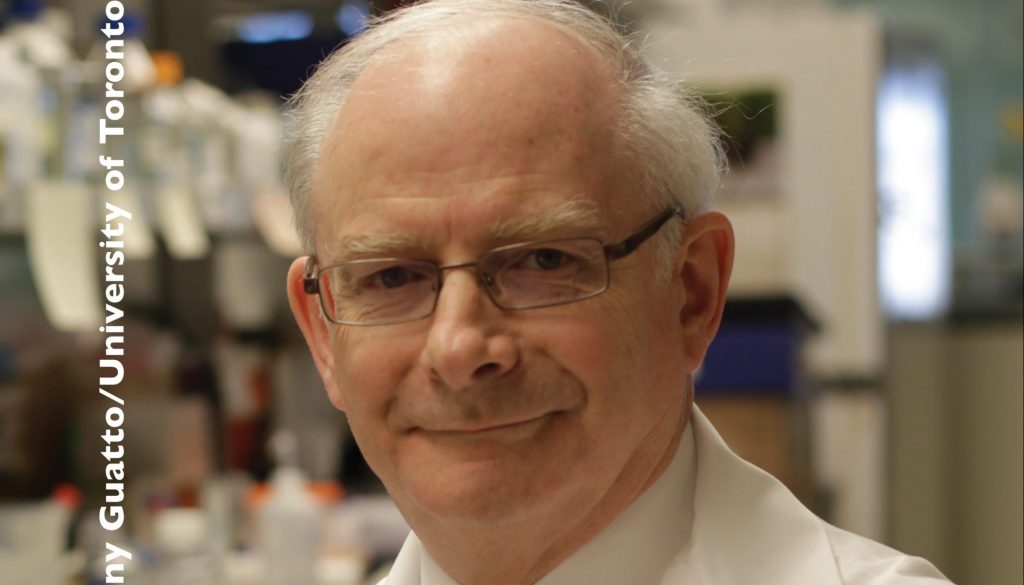
Prof. Peter St. George-Hyslop was the first to discover key mutations in proteins involved in the early onset of Alzheimer’s disease and implicated in late onset of this disease.
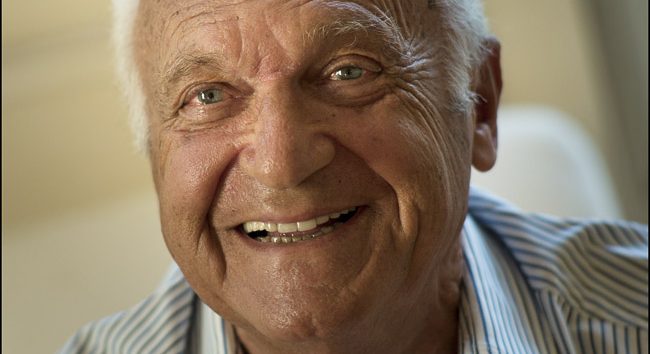
Mr. Pierre Nora is a public intellectual and publisher who helped establish the new historiographic interpretive category "Les lieux de mémoire".

Prof. Saul Friedlander is considered one of the world's premier historians in the study of the Holocaust and is the author of the definitive book in the field – Nazi-Germany and the Jews 1933-1945.
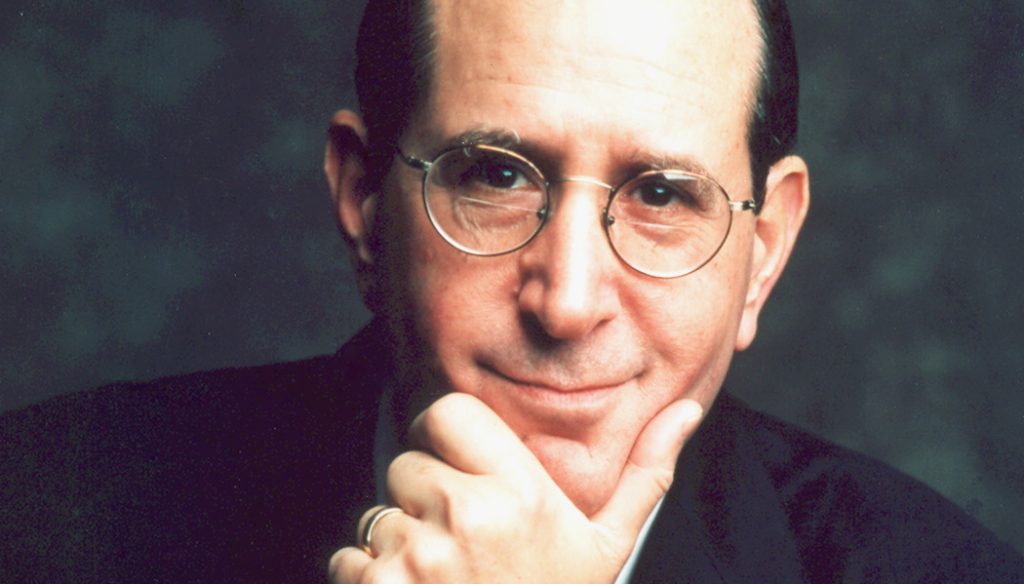
Alfred Sommer, Professor of Epidemiology and International Health at the Johns Hopkins Bloomberg School of Public Health, discovered that vitamin A has the power to save children's lives.
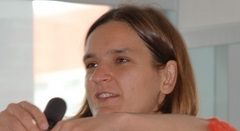
Renowned French economist Esther Duflo is Professor of Poverty Alleviation and Development Economics in the Department of Economics at MIT.
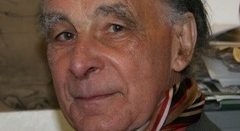
Scholar in Residence at the Needham Research Institute and Emeritus Professor of Ancient Philosophy and Science at the University of Cambridge.
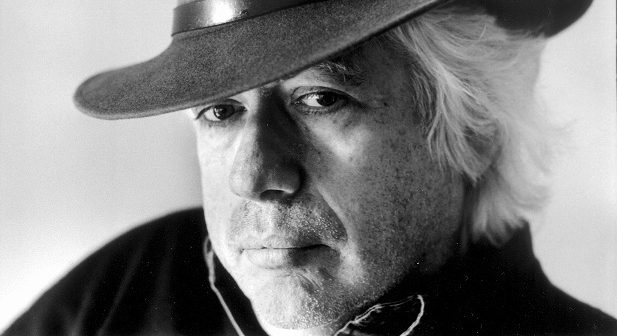
Noted American intellectual and philosopher and former Literary Editor of The New Republic, a foremost writer and thinker who confronts and engages with the central issues of our times.

Prof. Michel Serres, one of modern France's most gifted thinkers, explored parallel developments of scientific, philosophical and literary trends.
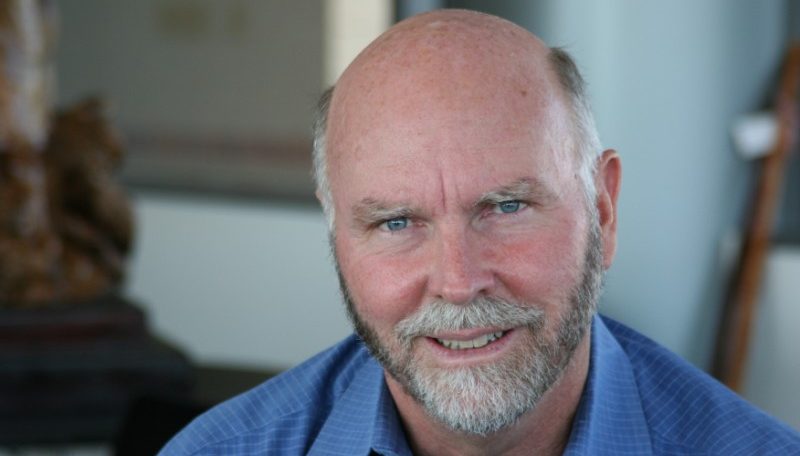
Dr. J. Craig Venter has made numerous contributions to genomics – from ESTS and the first genome of a living species, to the human genome and environmental genomics, to constructing the first synthetic bacterial cell.
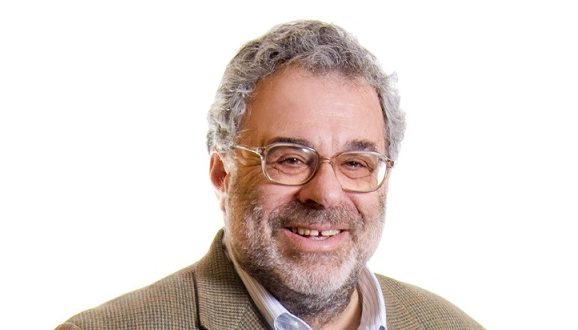
Prof. David Botstein has been the intellectual leader of genomics since its inception, championing the Human Genome Project and devising microarrays to exploit genome information for the global assessment of gene expression.
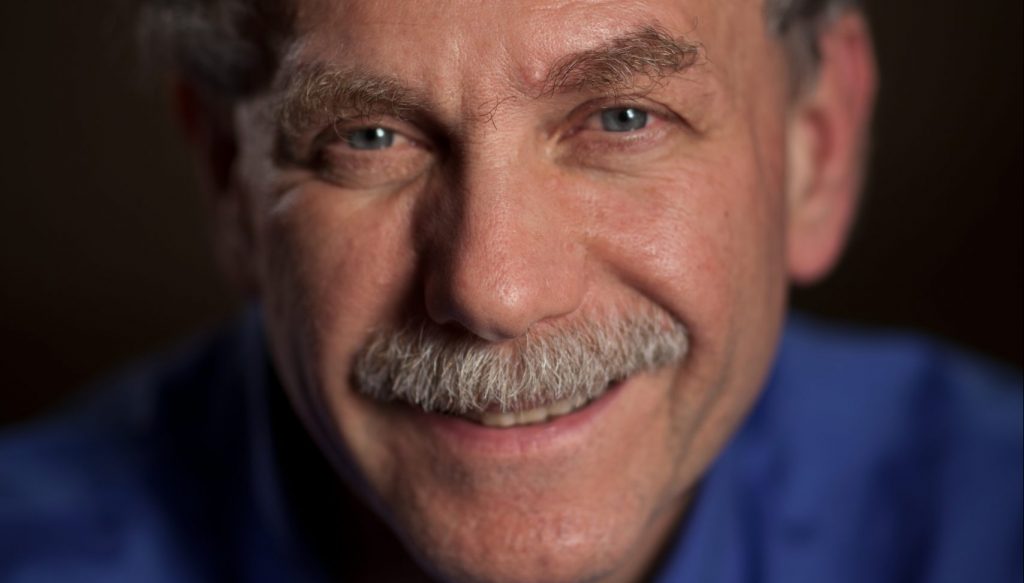
Prof. Eric Lander is a professor of biology at the Massachusetts Institute of Technology (MIT), a professor of systems biology at Harvard Medical School, a former member of the Whitehead Institute, and the founding director of the Broad Institute.

The Rt. Hon. Sir Martin Gilbert was a leading historian of the modern world and the official biographer of Winston Churchill.

Dr. Robert Conquest, British historian and renowned writer and researcher of the Soviet Union; Jefferson Lecturer in the Humanities.
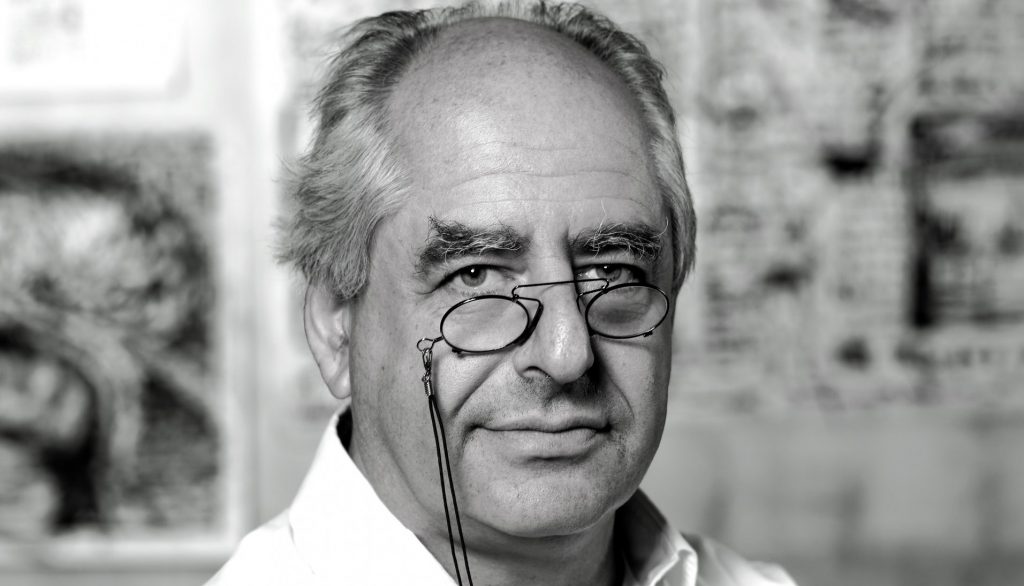
William Kentridge is an internationally renowned artist whose work deals with poignant political issues of his native South Africa.
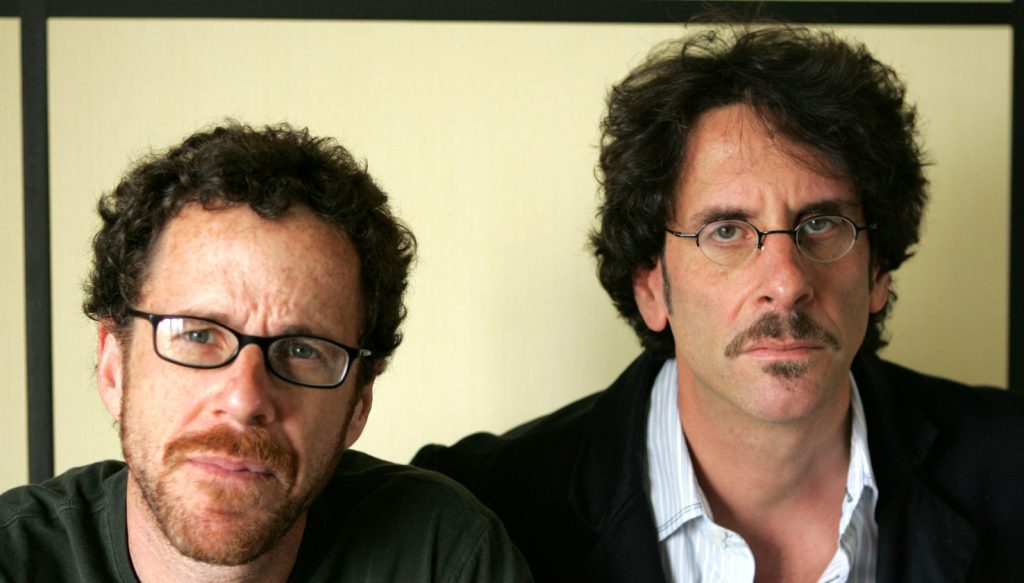
Brother Joel and Ethan Coen have written, directed, produced, edited and occasionally served as cinematographers on a highly acclaimed list of films.
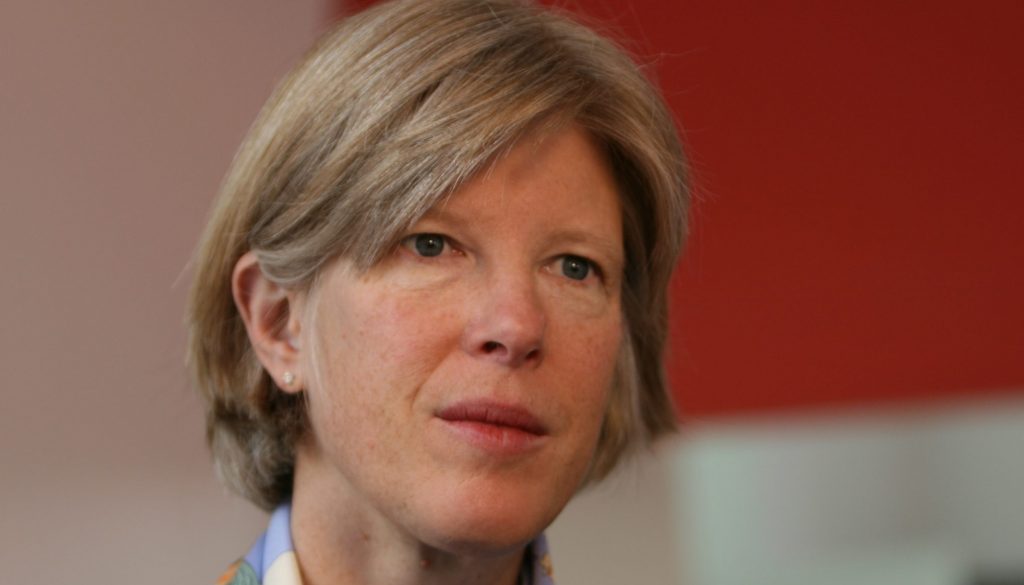
Cynthia Kenyon is a molecular biologist and biogerontologist known for her genetic dissection of aging in a widely used model organism, the roundworm Caenorhabditis elegans.
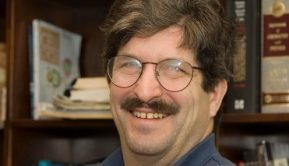
ary Ruvkun made a major contribution to the future of human health with the discovery of conserved hormonal signaling pathways with universal influence on animal aging.

Prof. Feldman produced conceptual results of broad interest in the domain of animal and plant evolution. His work has led to highly focused insights of cultural significance such as the out-of-Africa model of human evolution and cultural preferences in different civilizations.
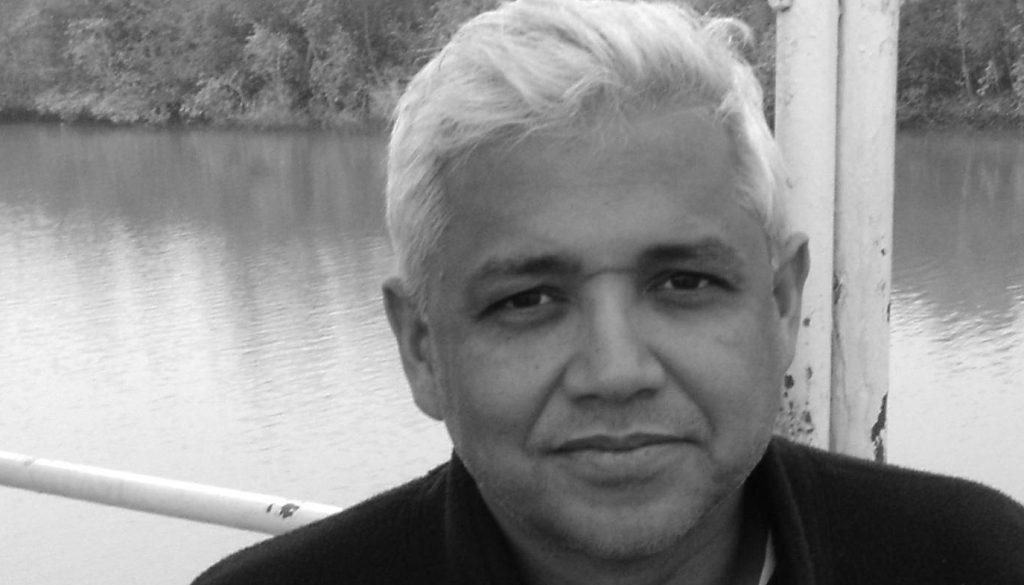
Amitav Ghosh is an lndian-Bengali novelist whose work offers a panoramic treatment of 20th Century history from a postcolonial perspective.

Giorgio Napolitano is known for his dedication to the cause of Parliamentary democracy and his contribution to the rapprochement between the Italian Left and European Socialism.
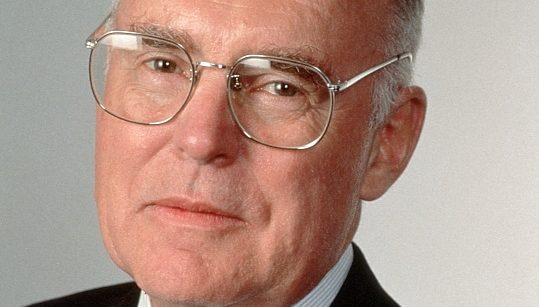
Dr. Gordon E. Moore is a visionary. His 1965 prediction, widely known as "Moore's Law," suggested that the number of transistors on a chip doubles about every two years.
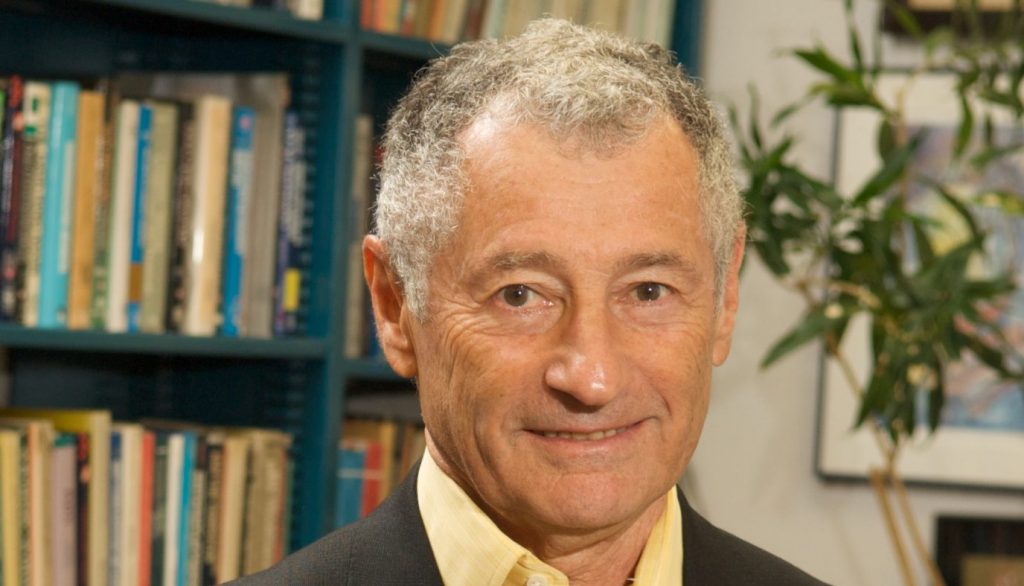
Prof. Leonard Kleinrock, Distinguished Professor of Computer Science at the University of California, Los Angeles is known as a "Father of the Internet."
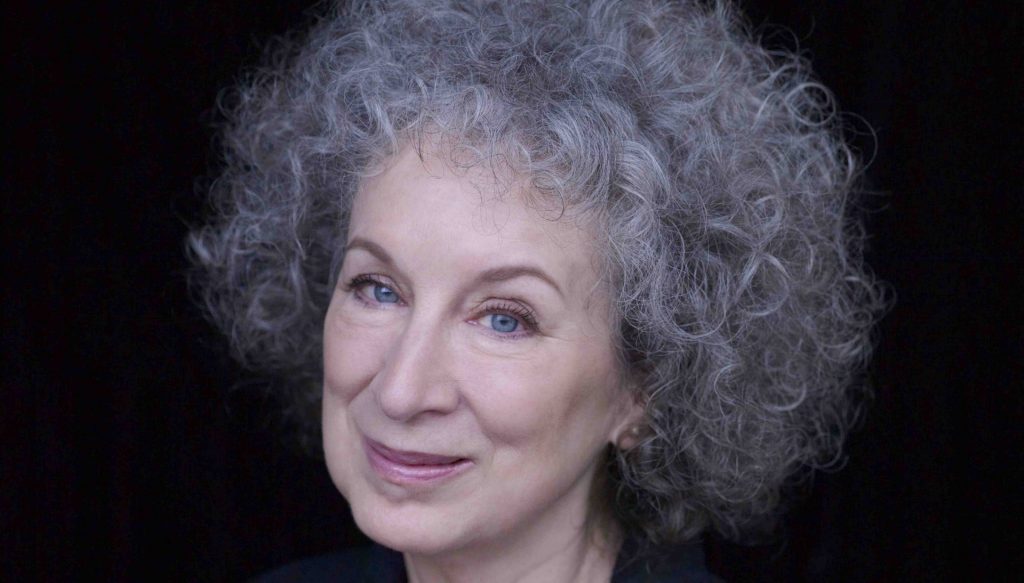
One of Canada's most renowned writers, Margaret Atwood is a prolific writer who has produced more than 40 volumes of poetry, fiction, children's books, political essays and cultural criticism.
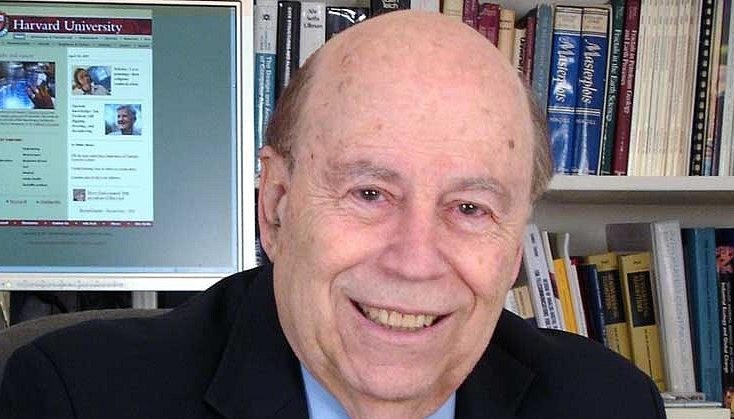
Prof. Michael O. Rabin, Professor of Computer Science at Harvard University, Boston, and at the Hebrew University, Jerusalem, is one of the world's most prominent computer scientists.
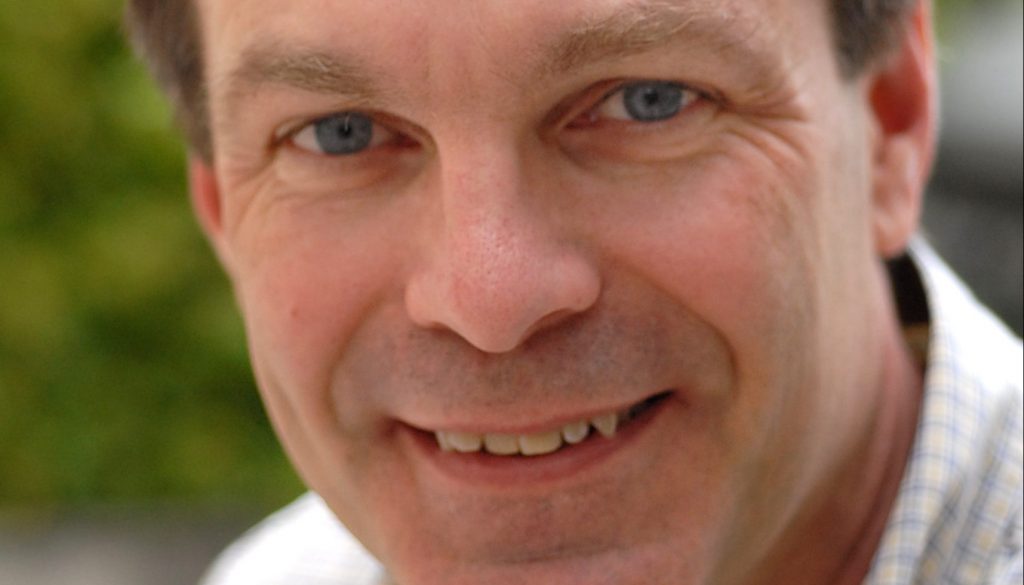
Prof. Adrew E. Lange was known for the discovery of the large-scale spatial geometry of the universe being spatially flat, of its total mass-energy density having a "critical" value, and for major byproducts of this discovery.
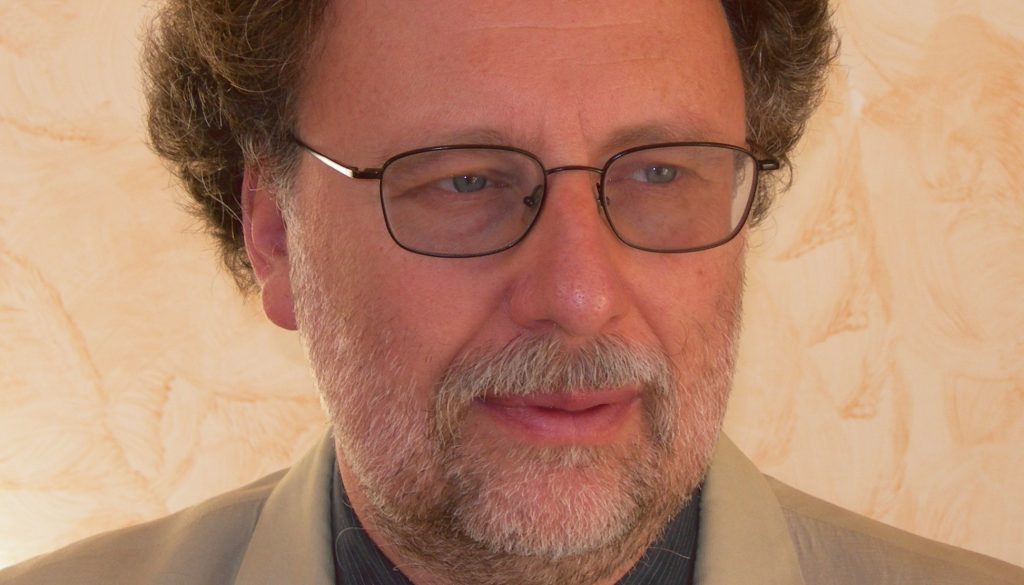
Paolo de Bernardis is Professor of Physics at the University La Sapienza in Rome, Italy. His fields of expertise are experimental astrophysics and cosmology, particularly cosmic microwave background.
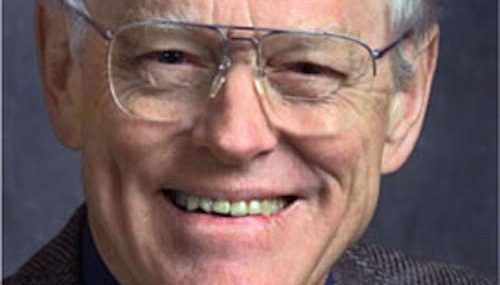
Prof. Paul Richards is known for the discovery of the large-scale spatial geometry of the universe being spatially flat and confirmation of the existence of a negative-pressure dark energy pervading the universe.
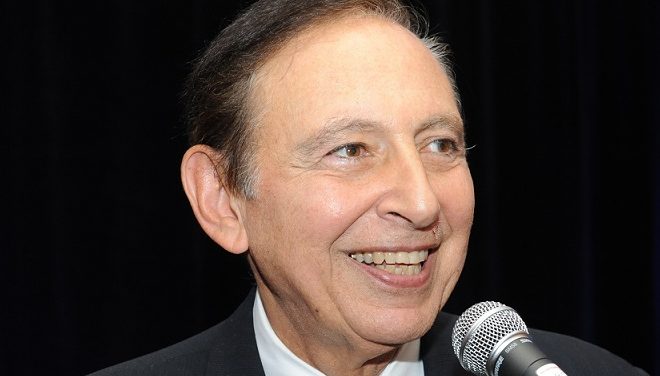
Dr. Robert C. Gallo is best known for his role in the discovery of HIV as the infectious agent responsible for acquired immune deficiency syndrome (AIDS) and in the development of the HIV blood test.
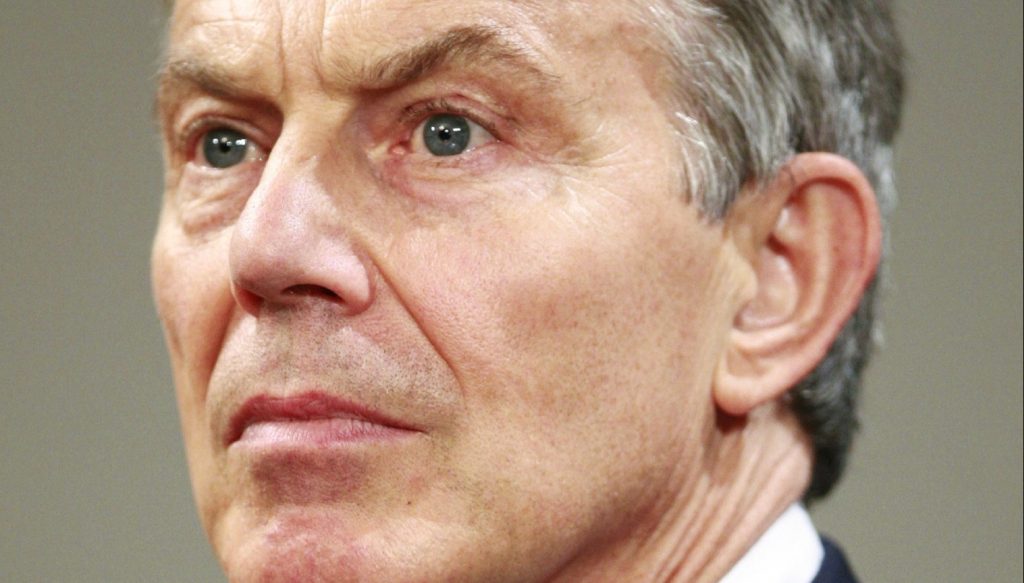
Anthony Charles Lynton (Tony) Blair, former British Prime Minister, is one of the most outstanding statesmen of our era.
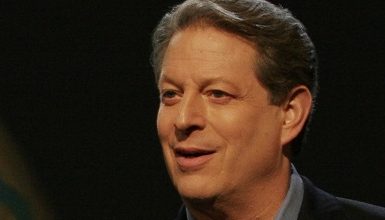
Former U.S. Vice President Al Gore may have done more than anyone to raise awareness to the detrimental effects of man's energy consumption on the environment, and the imperative to take action.
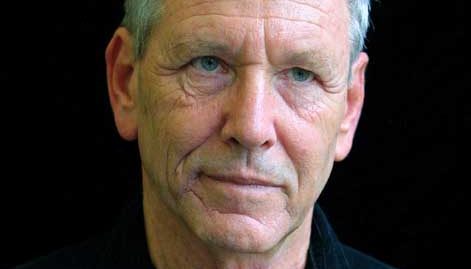
Amos Oz, one of the most widely read Israeli writers in the world, published numerous novels, novellas, short stories, essays, and occasionally even poetry.

Atom Egoyan, an Officer of the Order of Canada, is a critically acclaimed and prize winning Canadian-Armenian film maker (director, screenplay writer and editor).
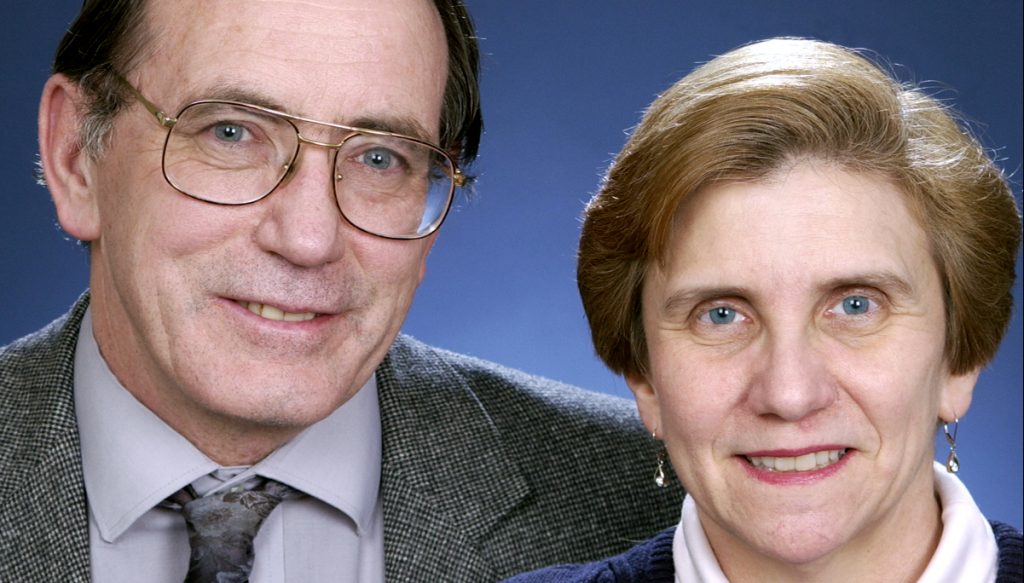
Ellen Mosley-Thompson and Lonnie Thompson, professors at the Ohio State University, are a scientific team. They are pioneers in the use of ice cores from the Polar Regions for paleoclimatic research.
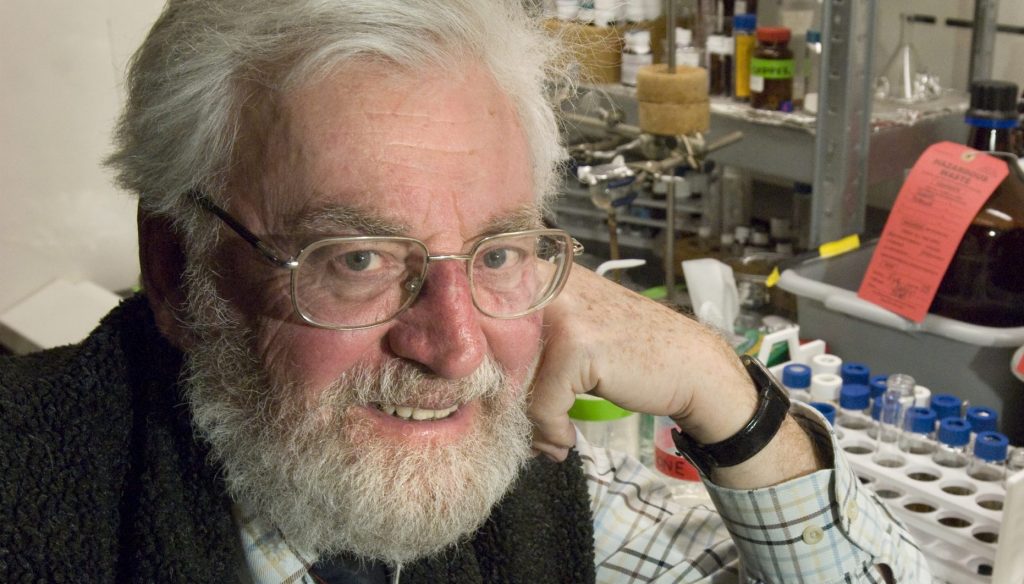
Geoffrey Eglinton revolutionized the identification of molecular structures and determination of chemical histories.
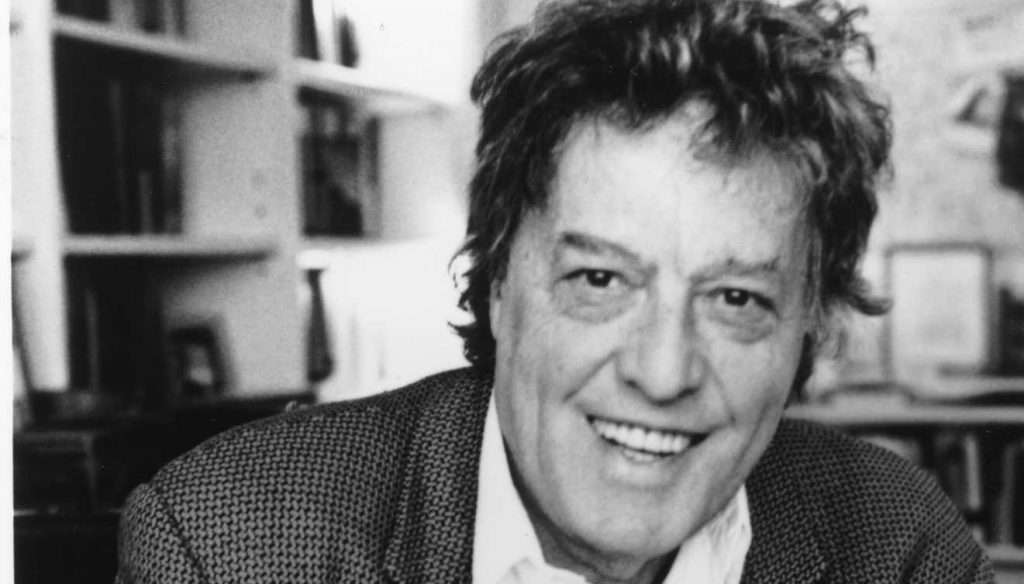
Tom Stoppard established himself as one of the few undisputed masters of the modern stage in 1966 with the play "Rosencrantz and Guildenstern Are Dead."
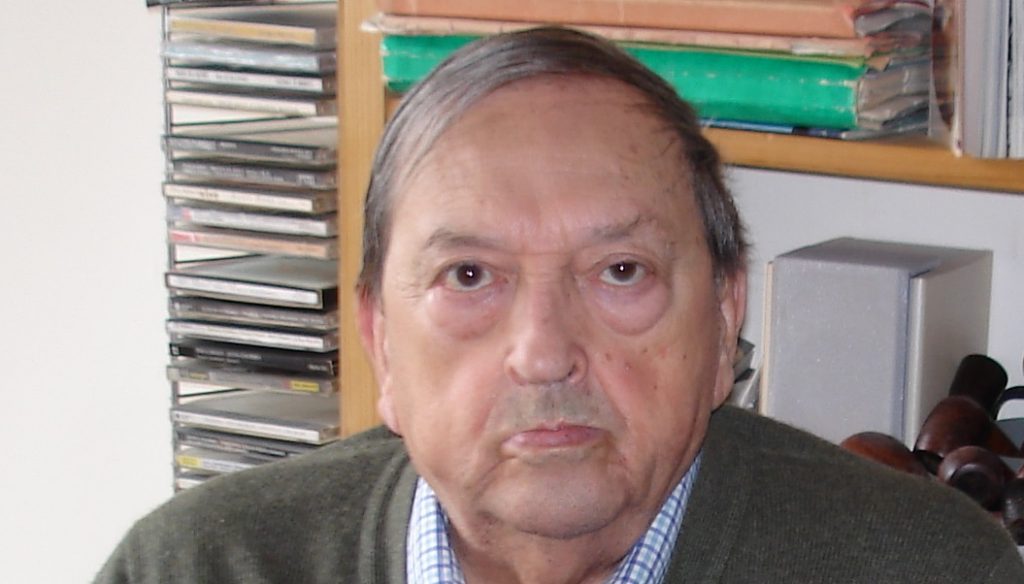
Jacques Le Goff has been recognized as one of the leading historians of the European Middle Ages in the second half of the 20th Century.
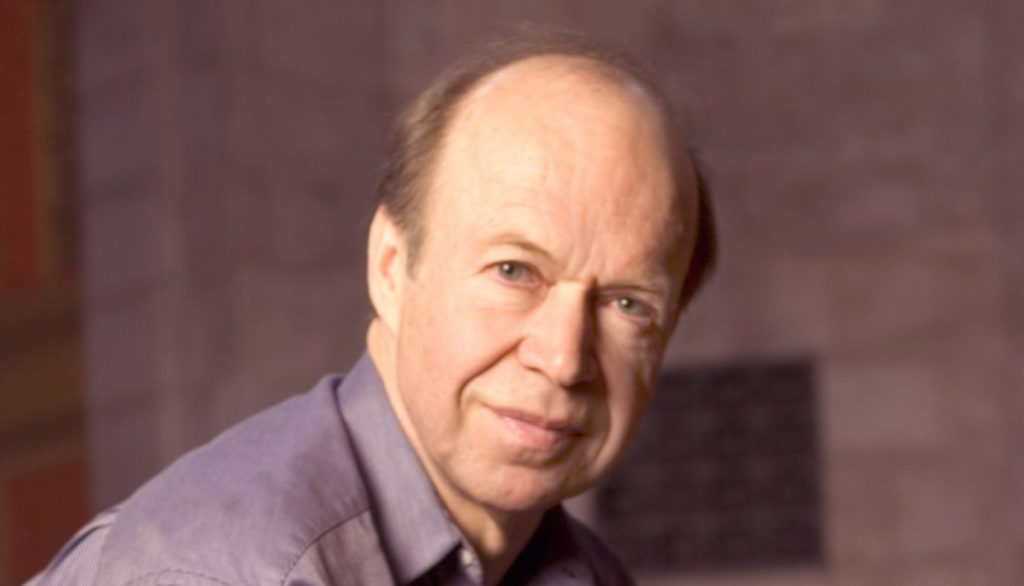
Dr. James Hansen is one of a handful of scientists whose detailed and persistent scientific work has brought about a change in the public perception of planet Earth.
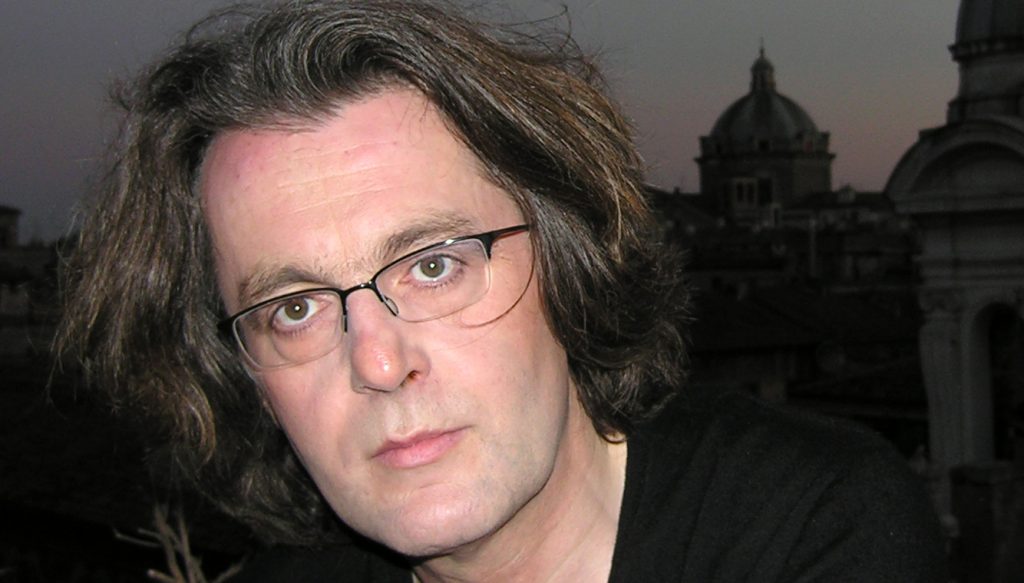
Pascal Dusapin is an outstanding figure in the world of contemporary music, where his work is regularly performed by highly specialized ensembles.
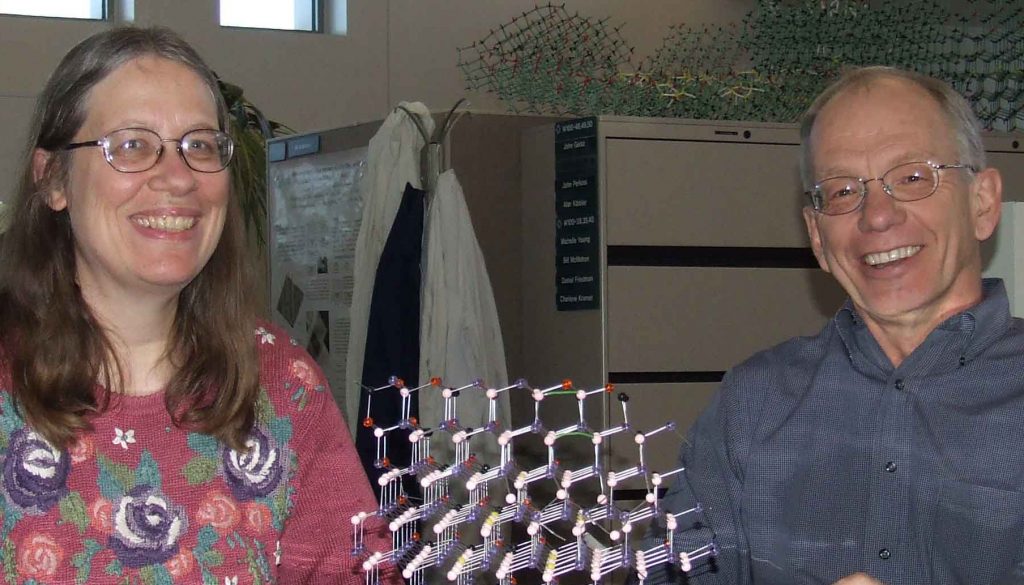
Sarah R. Kurtz and Jerry M. Olson have made exceptional and profound contributions to the field of photovoltaic energy.
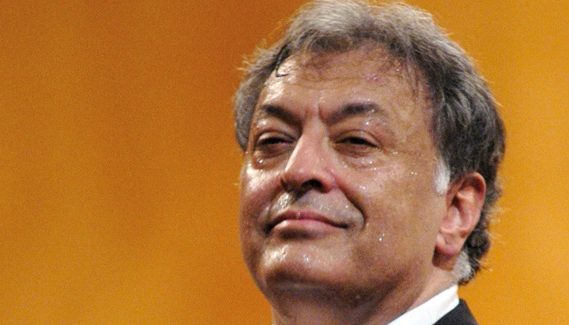
Zubin Mehta, one of the world's leading conductors, is a vivid symbol of today's cross-cultural world and living proof of the power of music to break down social and political barriers.
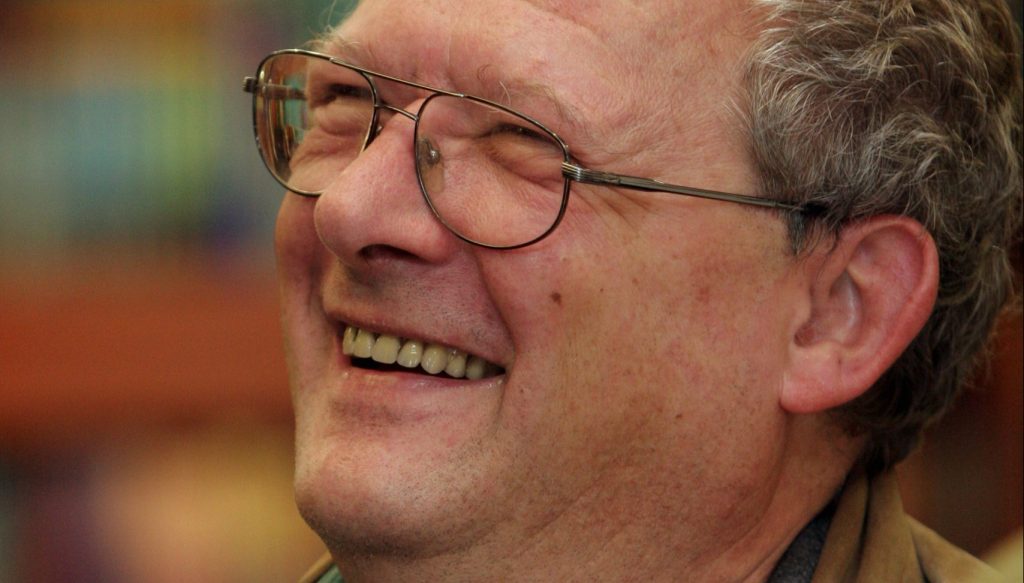
Adam Michnik, a Polish journalist and activist, has made enormous contributions to freedom of speech and freedom of the press.

Goenawan Mohamad is one of the world's leading voices of moderate Islam. He has written extensively and eloquently about the power of the press and the importance of free speech.
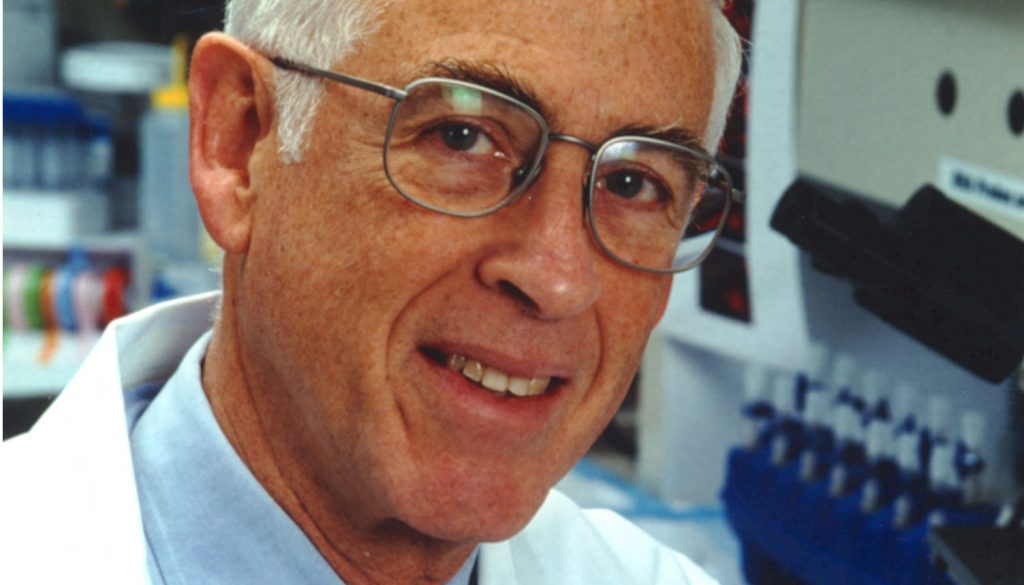
John Mendelsohn was an internationally recognized leader in cancer research and president of the University of Texas MD Anderson Cancer Center.
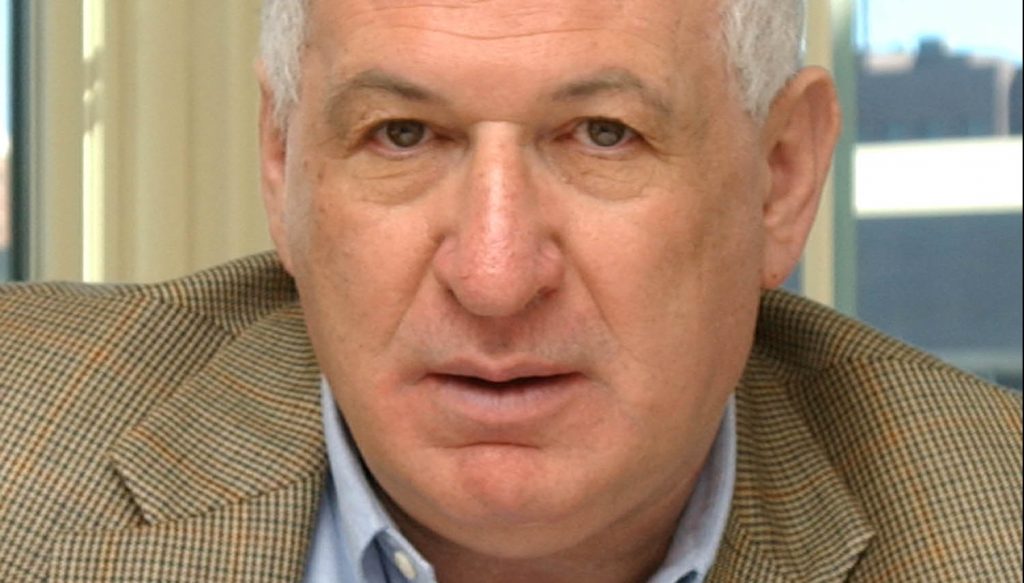
Joseph Schlessinger is Chair of the Pharmacology Department at Yale University School of Medicine in New Haven, Connecticut, as well as the founding director of the school's Cancer Biology Institute.
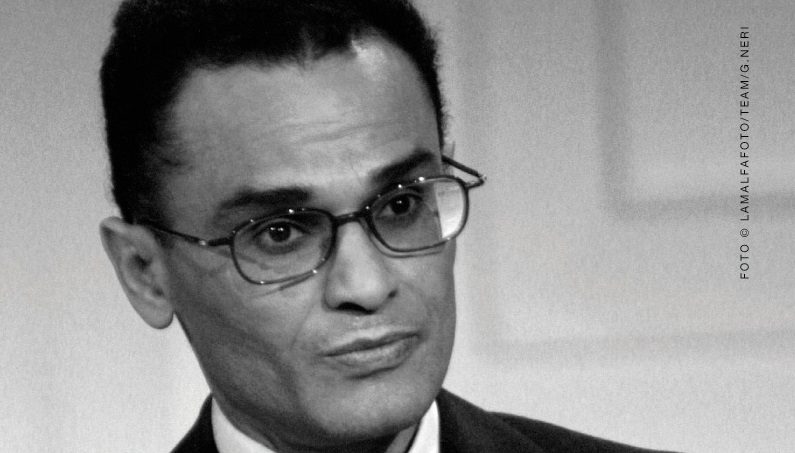
Magdi Allam, born in Egypt and raised in Italy, is one of the leading journalists in Italy. He also serves as a member of the European Parliament for Italy.
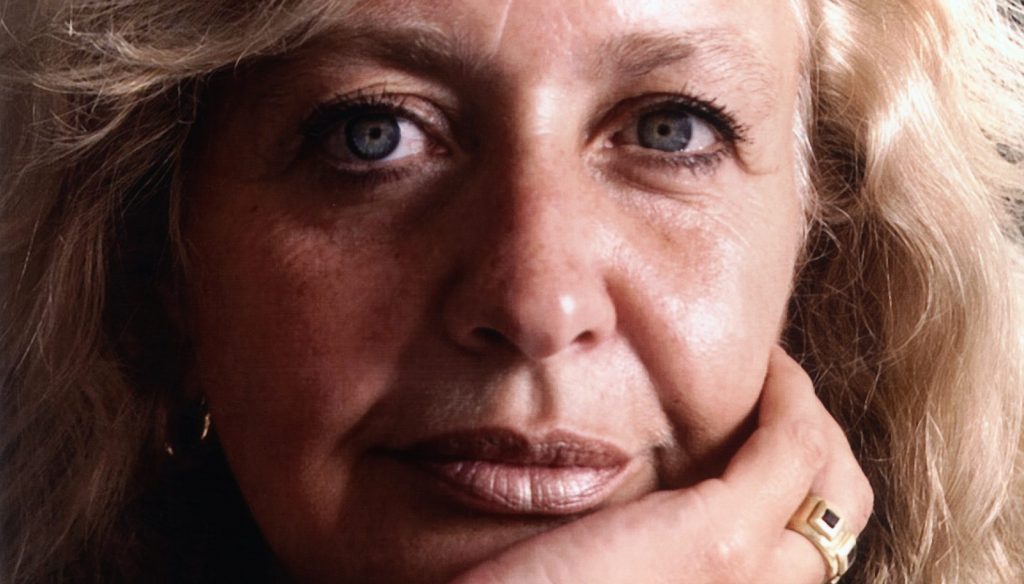
Monica Gonzalez, a Chilean journalist and author, has established a reputation as Chile's premier investigative reporter and one of the top investigative reporters in Latin America.
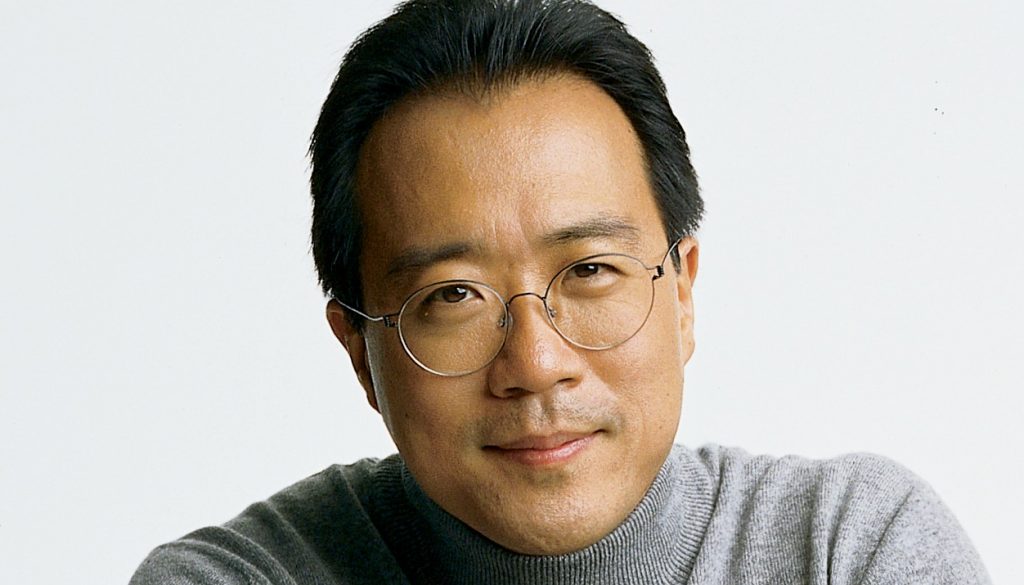
Yo-Yo Ma is a world-renowned cellist whose inspirations go well beyond the concert hall.
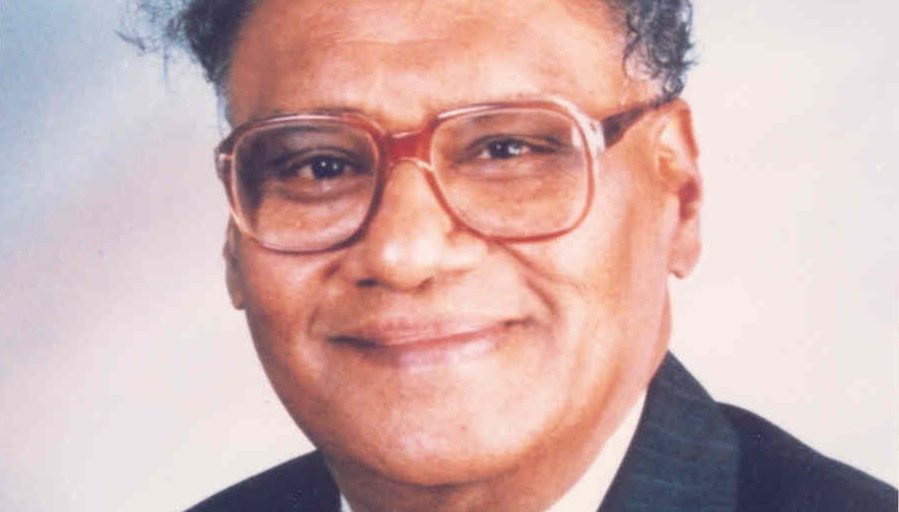
C.N.R. Rao has worked mainly in solid-state and structural chemistry and is considered one of the world's foremost solid state and materials chemists. He has made prolific and sustained contributions to the development of the field over five decades.
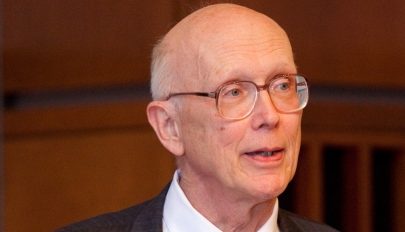
George Whitesides was the first to explore the intersection of molecular-scale synthesis and surface science, which led to his work on self-assembly monolayers (SAMs). The development of SAMs has led to the transformation of surface science into a much broader discipline of microfabrication and biological interactions.
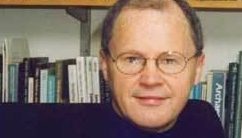
Professor Graeme Barker, FBA, has been an enormously important figure in both European and world archaeology since the 1970s.
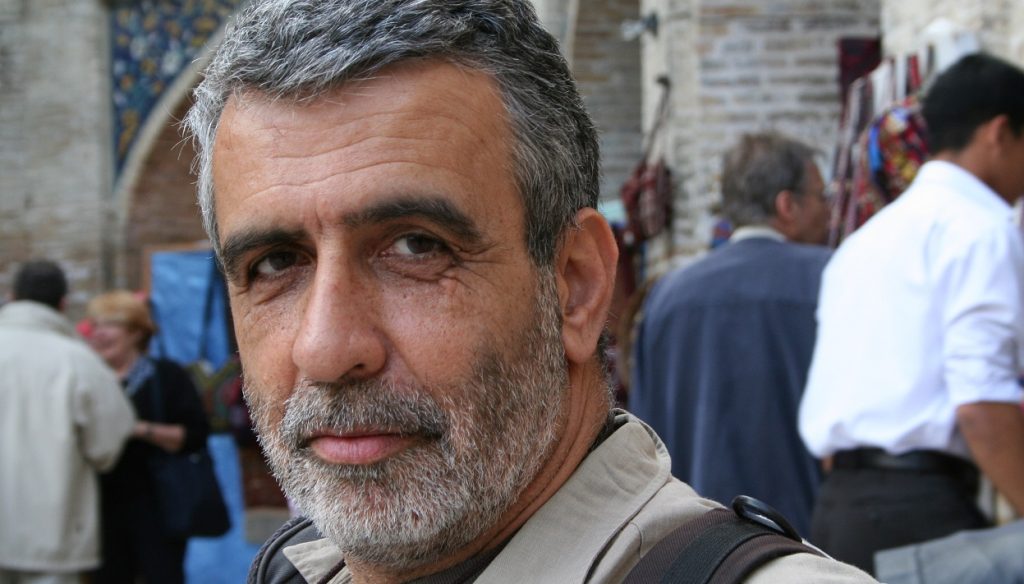
Israel Finkelstein is a Professor Emeritus of the Archaeology of Israel in the Bronze and Iron Ages at Tel Aviv University and the Director of the School of Archaeology and Maritime Cultures at the University of Haifa.
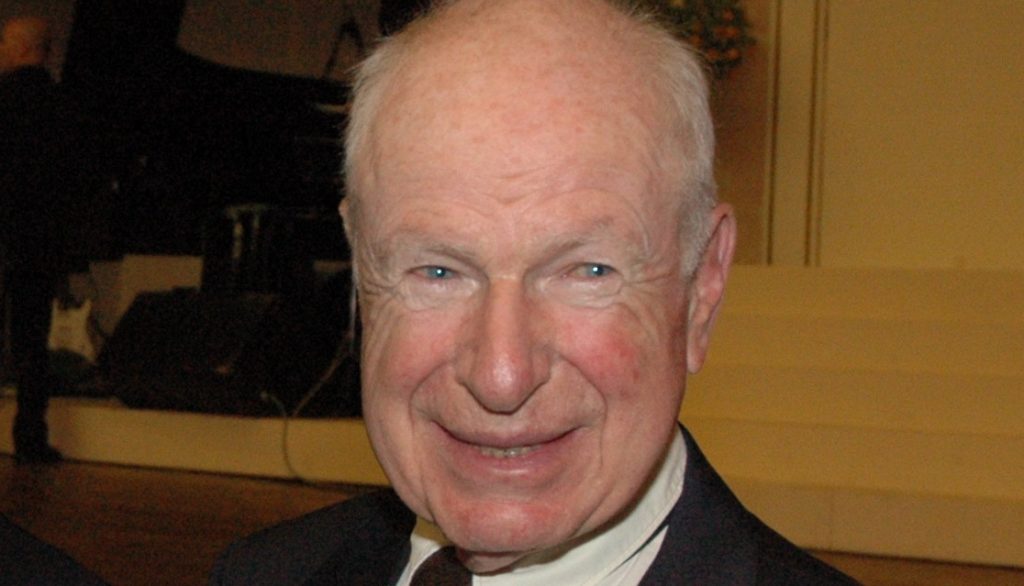
Peter Brook, described as "our greatest living theater director," has reinvented the way actors and directors think about theater.
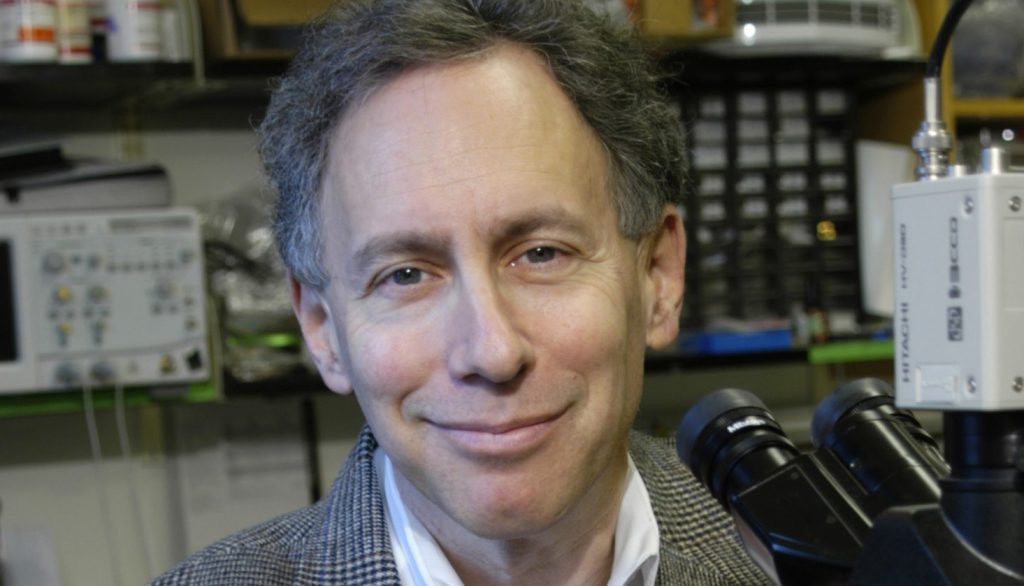
Robert Langer pioneered the field of biomaterials and tissue engineering. He contributed to the development of biocompatible polymers for drug delivery and synthetic polymers to form specific tissue structures creating the field of tissue engineering.

Dr. Amiram Grinvald of the Weizmann Institute's Neurobiology Department was considered the world leader in functional optical imaging.

Istanbul has made important contributions to humanity as it embodies the history of West and East in miniature, proudly caring for and displaying the monuments and treasures of its grand empires.

Jerusalem has made an important contribution to humanity by being the holy place where monotheism was shaped to become the core of Judaism, Christianity and Islam.
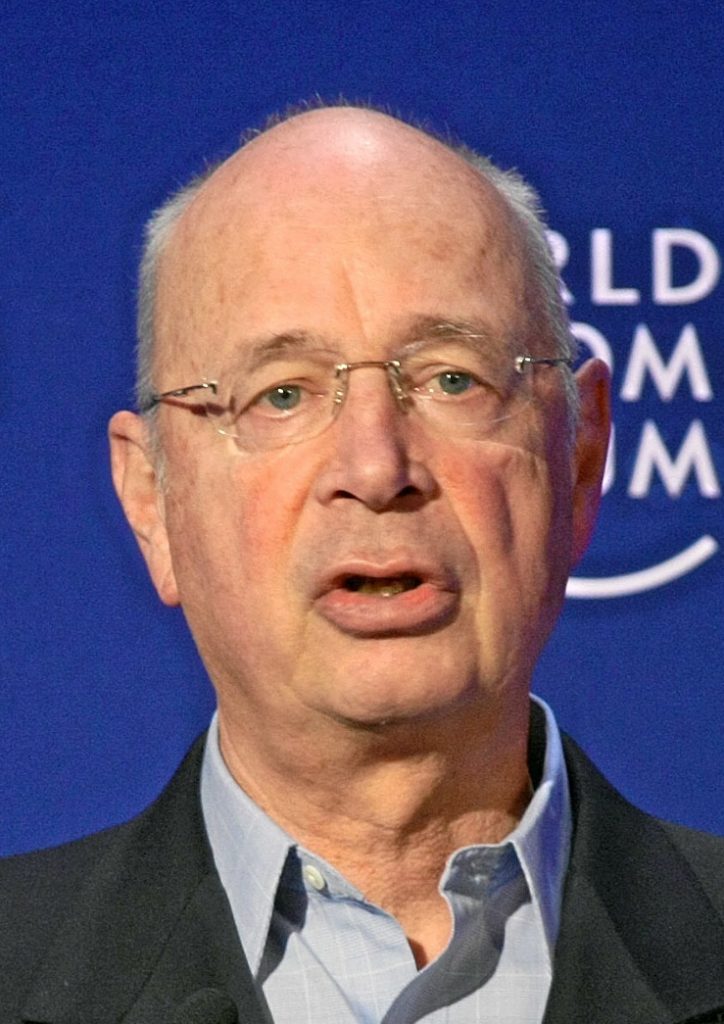
Dr. Klaus Schwab is honored for his role in developing the World Economic Forum (WEF) into a major international organization.
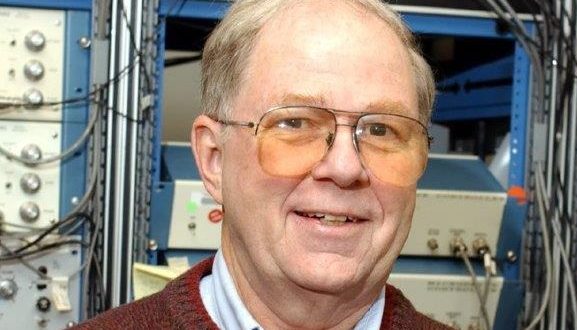
Robert Wurtz has made one of the most salient discoveries in cognitive neurosciences – he discovered how the brain processes different aspects of the visual scene in different places.

Rome has made important contributions to humanity with its jurisprudence, its language and the importance of its historical legacy, all of which have influenced civilization throughout the centuries.
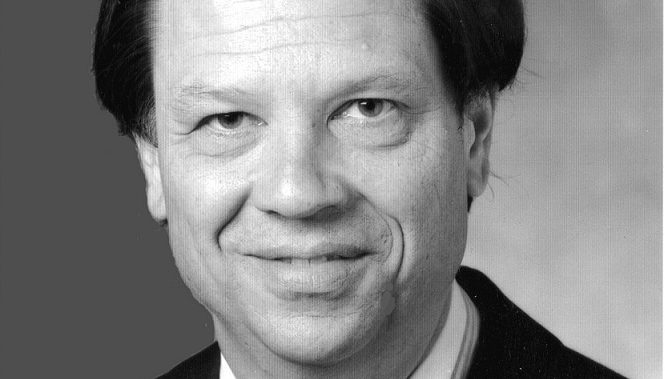
Dr. William T. Newsome bridges the fields of neurophysiology and perceptual psychology, demonstrated the correlation between certain brain cells and the process of visual perception.
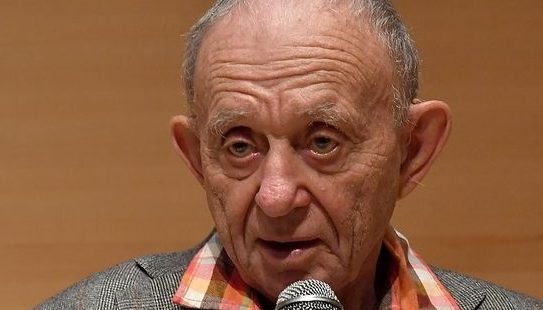
Frederick Wiseman is widely acclaimed as the most important person ever to lift a camera for documentary filmmaking.
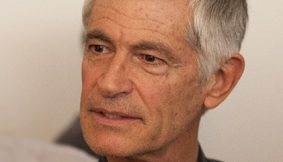
James Nachtwey dedicated his life to documenting war, famine, man's inhumanity to man and the plight of the disenfranchised all over the world.
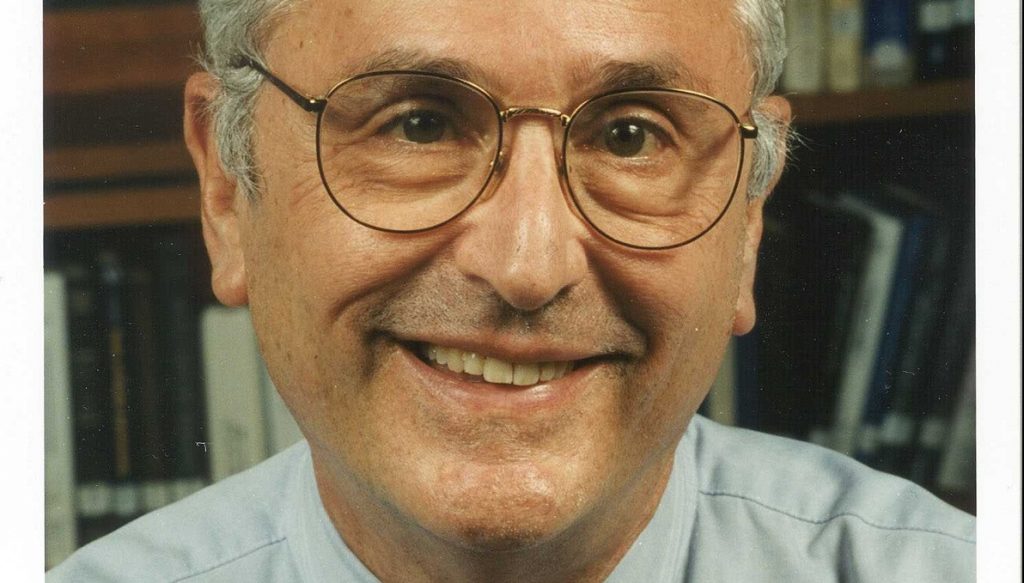
John Bahcall made fundamental and lasting contributions to an astonishing number of different areas of modern astrophysics.
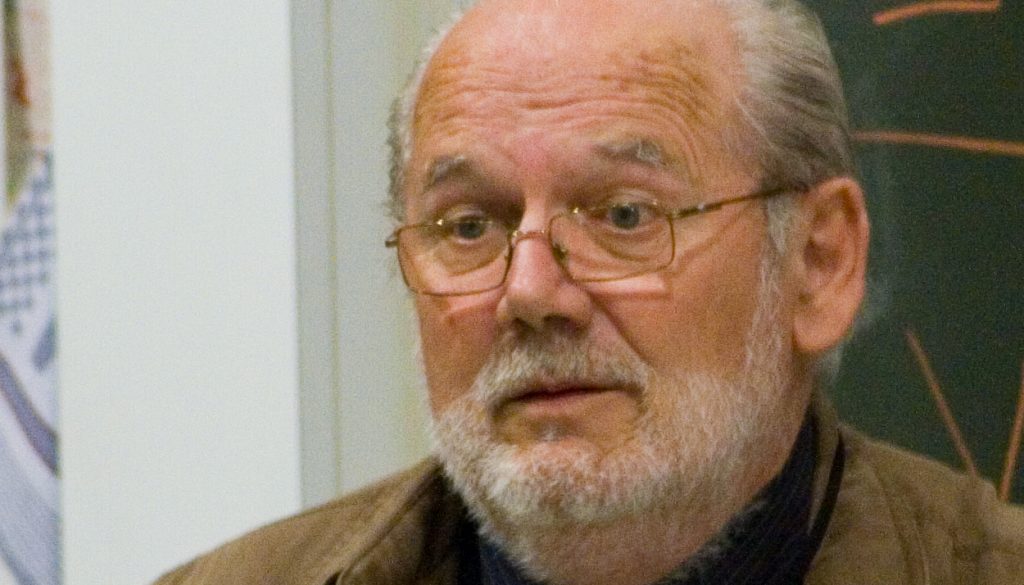
In 2002, Michel Brunet discovered in Chad an almost complete cranium of the oldest human ancestor: Sahelanthropus tchadensis (nicknamed Toumai).
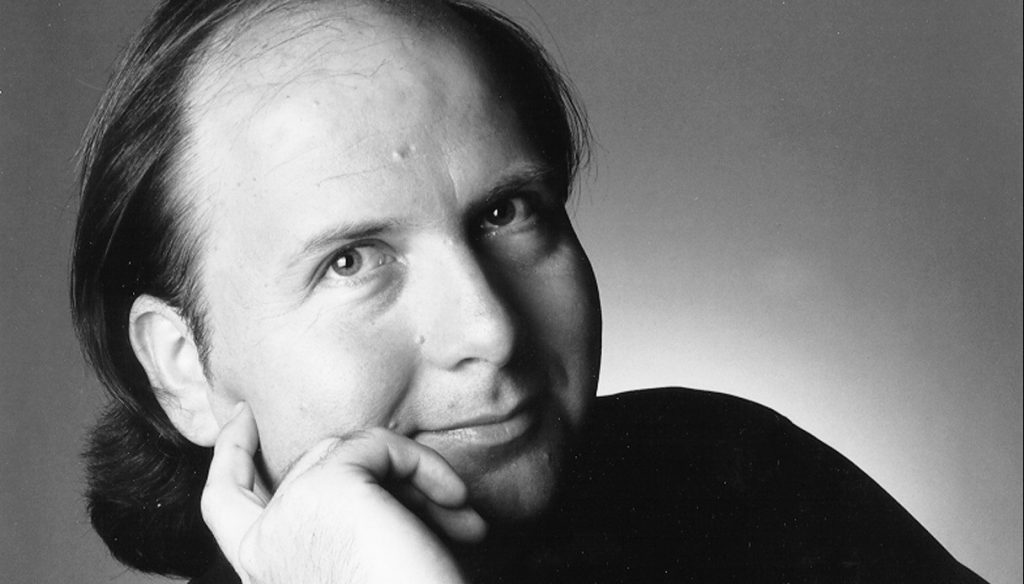
Inventor, scientist and computer designer, W. Daniel Hillis is renowned for pioneering the concept of massively parallel computers.
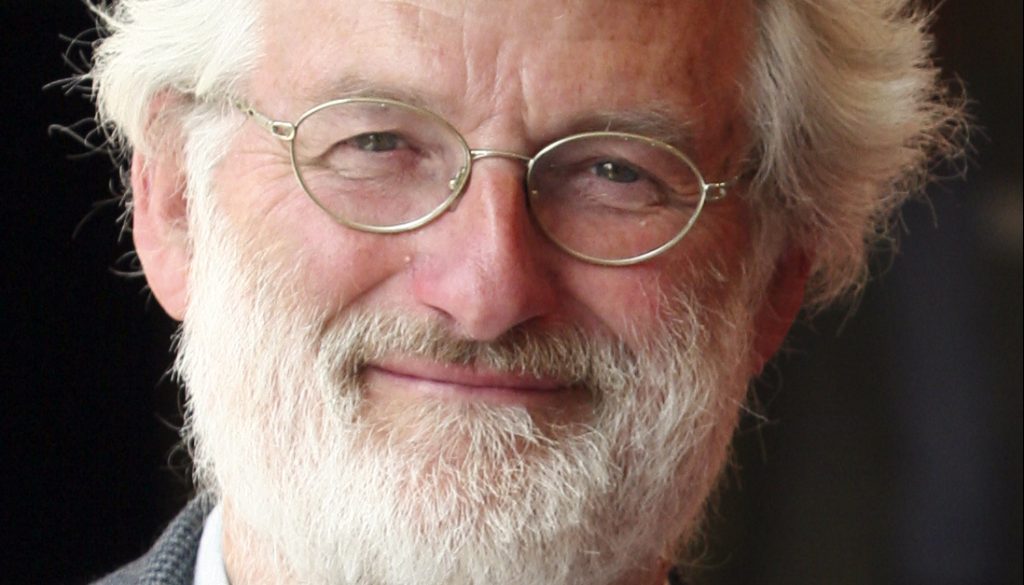
Sir John Sulston was a leader in human genome research, best known for his work on cell lineage and genome of the worm C. elegans.
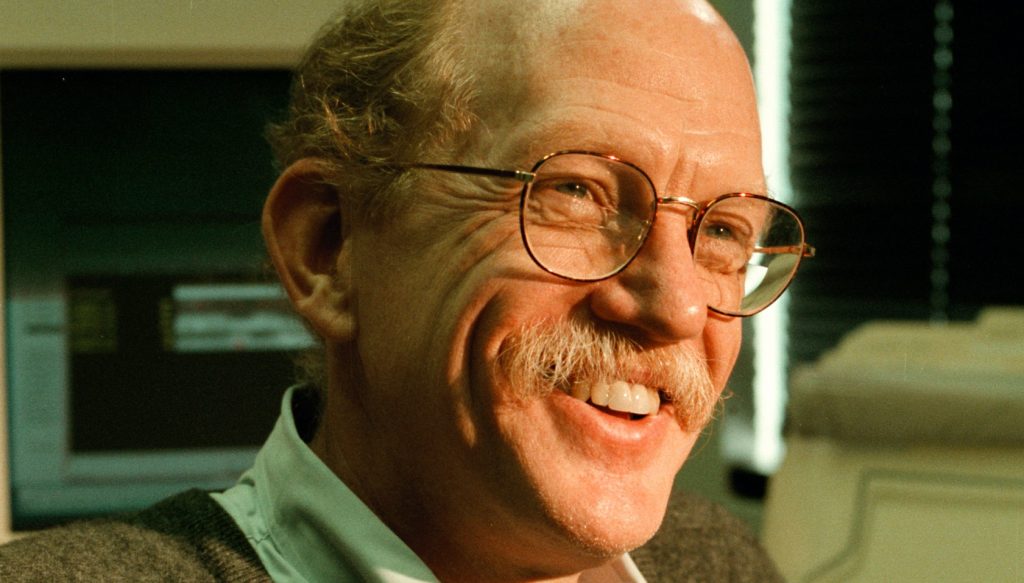
Robert H. Waterston is best known for his work on the Human Genome Project, for which he was a pioneer.
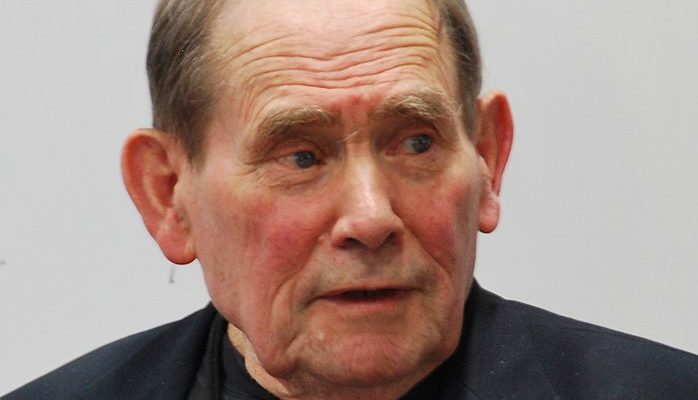
Sydney Brenner made significant contributions to work on the genetic code, and other areas of molecular biology, including the discovery of messenger RNA.
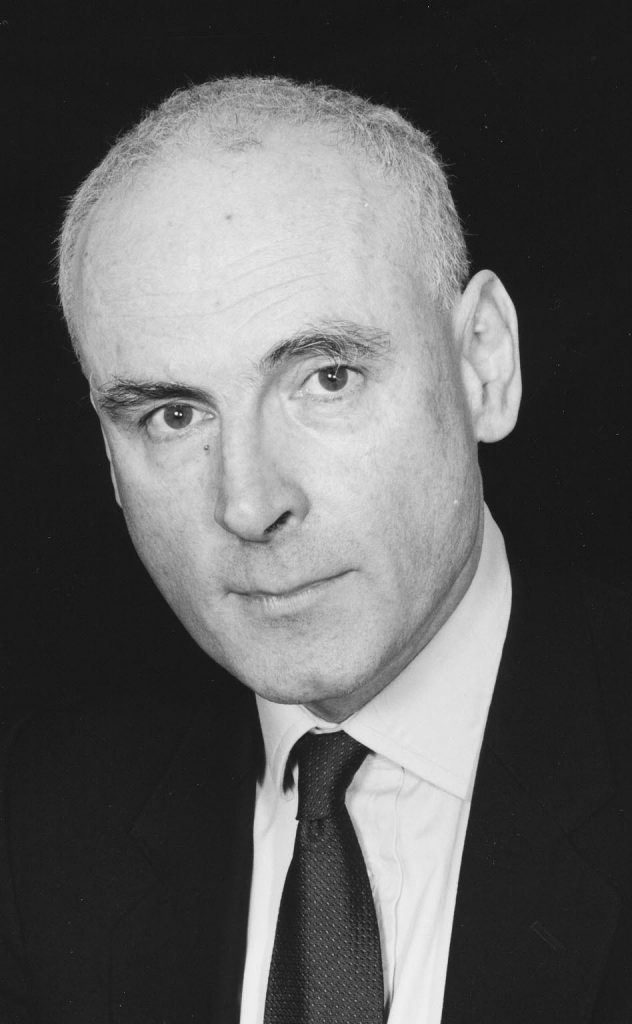
The Warburg Library was awarded the first Dan David Prize in the field of History for facilitating the study of Western civilization and its convergence with the ancient and modern cultures of Islam, Judaism, and early Christianity.

German Historical Institute, London, UK

Ohio State University, Columbus, OH

Indiana University–Purdue University Indianapolis, IN

Ruhr-University, Bochum, Germany

Cyprus Institute, Aglantzia, Cyprus

ANO Institute of Arts and Knowledge, Accra, Ghana

Queens College and the Graduate Center, CUNY, New York, NY

Foundation for the Memory of the Shoah, Paris, France

Vanderbilt University, Nashville, TN

Prof. Alison Bashford has contributed immensely to the history of medicine and science by connecting it with global history and environmental history.

Anthony S. Fauci, M.D. is director of the National Institute of Allergy and Infectious Diseases (NIAID) at the U.S. National Institutes of Health.

Dr. Carl June is a physician, scientist and Professor of Immunotherapy at the University of Pennsylvania.

Prof. Katharine Park studies the histories of the body, of sex difference, and medicine in medieval and Renaissance Europe.

Prof. Keith Wailoo has authored an influential body of historical scholarship focused on race, science, and health equity.

Dr. Steven Rosenberg pioneered the first effective immunotherapies for patients with advanced cancer.

Prof. Zelig Eshhar is an Israeli immunologist and pioneer of the CAR-T cell approach and its application to cancer therapy.

Prof. Amnon Shashua is the CEO and co-founder of Mobileye, an Israeli company that develops vision-based self-driving car technology and advanced driver-assistance systems.

Barbara Kirshenblatt-Gimblett serves as the Chief Curator of the Core Exhibition and Advisor to the Director at POLIN Museum of the History of Polish Jews in Warsaw.

Debora Diniz is an international leader in the field of reproductive justice and gender equality.

Demis Hassabis is co-founder and CEO of DeepMind, the world’s leading AI research company.

Prof. Gita Sen is the Director of the Ramalingaswami Centre on Equity & Social Determinants of health, at the Public Health Foundation of India.

Lonnie G. Bunch III is the 14th Secretary of the Smithsonian.

Christiana Figueres, an internationally recognized leader on global climate change, is a founding partner of Global Optimism, a purpose-driven enterprise focused on social and environmental change.

Kenneth Pomeranz, University Professor of Modern Chinese History in the Department of History at University of Chicago.

Prof. Michael Ignatieff is a vocal advocate of democracy as an historian, a reporter, a champion of human rights, and one of the first to warn against the rise of radical ethnic nationalism.

Distinguished Professor and Irving & Jean Stone Chair in Social Sciences in the Department of History at University of California, Los Angeles.

Reporters Without Borders is an international organization that has emerged over the years as the major international force helping sustain the freedom of the press across national boundaries.

Baroness Mary Warnock was an English philosopher of morality, education and mind.

Prof. Bert Vogelstein is a Clayton Professor of Oncology and Pathology and a Howard Hughes Medical Institute investigator at Johns Hopkins Medical School and Sidney Kimmel Comprehensive Cancer Center.

Prof. Carlo M. Croce is an Italian-American molecular geneticist and professor of medicine at Ohio State University.

Evelyn Fox Keller is Professor Emerita of History and Philosophy of Science at Massachusetts Institute of Technology.

Ezekiel J. Emanuel is Vice Provost for Global Initiatives and the Diane v.S. Levy and Robert M. Levy University Professor at the University of Pennsylvania.

Prof. Jonathan Glover is a British philosopher, Professor Emeritus at King's College London.

Prof. Lorraine Daston is an American historian of science, Director of the Max Planck Institute for the History of Science (MPIWG), in Berlin, Germany.

Mary-Claire King, PhD, is American Cancer Society Professor in the Department of Medicine (Division of Medical Genetics) and the Department of Genome Sciences at the University of Washington, Seattle.

Simon J. Schaffer is a Professor of the History of Science at the Department of History and Philosophy of Science at University of Cambridge.

A.B. Yehoshua is one of Israel’s leading fiction writers since his debut in the late 1950s

Prof. Andrzej Udalski is the former Director of the Astronomical Observatory of the University of Warsaw and the head of the Optical Gravitational Lensing Experiment.

Prof. David Reich, from the Department of Genetics, Harvard Medical School, USA, and the Howard Hughes Medical Institute, is the world’s leading pioneer in analyzing ancient human DNA.

Jamaica Kincaid is celebrated worldwide as one of the most important and influential writers today.

Prof. Neil Gehrels was the Director of the NASA Astroparticle Physics Laboratory and a leading figure for several decades in the field of gamma ray astronomy.

Shrinivas Kulkarni is the Director of Caltech Optical Observatories and the Director of the NASA Exoplanet Science Institute.

Prof. Svante Pääbo is the Director of the Department of Genetics at the Max Planck Institute for Evolutionary Anthropology, Germany.

Prof. Sir Anthony B. Atkinson, Centennial Professor, London School of Economics and Honorary Fellow Nuffield College, Oxford.

Prof. Arlette Farge is a Professor at the Center for historical research, Paris.

Prof. Chad A. Mirkin is the George B. Rathmann Prof. of Chemistry, Prof. of Chemical and Biological Engineering, Prof. of Biomedical Engineering, Prof. of Materials Science and Engineering, and Prof. of Medicine and the Director of the International Institute for…

Prof. François Bourguignon, Professor of Economics, Paris School of Economics. He is one of the world's leading scholars on poverty and inequality.

Prof. Inga Clendinnen was an outstanding historian who focused on social history and the history of cultural encounters in the early modern period.

Prof. James J. Heckman is the Henry Schultz Distinguished Service Professor of Economics at the University of Chicago.

Prof. Sir John Pendry FRS, the Blackett Laboratory, Imperial College London, is a condensed matter theorist.

Prof. Paul Alivisatos is the University of California (UC) Berkeley's Samsung Distinguished Professor of Nanoscience and Nanotechnology.

Prof. Alessandro Portelli, a leading practitioner of oral history, is Professor Emeritus, Università di Roma "La Sapienza".

Dr. Cyrus Chothia is Emeritus group leader, MRC Laboratory of Molecular Biology, Structural Studies Division, in Cambridge, U.K.

Prof. David Haussler is a Distinguished Professor of Biomolecular Engineering at the University of California, Santa Cruz, and Scientific Director of the UC Santa Cruz Genomics Institute.

Mr. Jimmy Wales is the founder of Wikipedia and a member of the Board of Trustees, Wikimedia Foundation.

Prof. Michael S. Waterman is Professor of Biological Sciences, Mathematics, Computer Science at the Department of Biological Sciences, University of Southern California.

Prof. Peter R. Brown, a renowned humanist, is the Philip and Beulah Rollins Professor of History, Emeritus, at the Department of History, Princeton University.

Brenda Milner is the Dorothy J. Killam Professor at the Montreal Neurological Institute, and a professor in the Department of Neurology and Neurosurgery at McGill University.

Prof. John A. Hardy is the Head of the Department of Molecular Neuroscience and Chair of Molecular Biology of Neurological Disease at the University College London Institute of Neurology.

Mr. Krysztof Czyzewski is a renowned Polish publisher, writer and theater director, public intellectual and social activist.

Prof. Marvin Minsky was one of the founders of the field of artificial intelligence and is among the most influential figures of the twentieth century in a variety of disciplines, including artificial intelligence, robotics, computation, learning, cognition, philosophy and optics.

Prof. Peter St. George-Hyslop was the first to discover key mutations in proteins involved in the early onset of Alzheimer’s disease and implicated in late onset of this disease.

Mr. Pierre Nora is a public intellectual and publisher who helped establish the new historiographic interpretive category "Les lieux de mémoire".

Prof. Saul Friedlander is considered one of the world's premier historians in the study of the Holocaust and is the author of the definitive book in the field – Nazi-Germany and the Jews 1933-1945.

Alfred Sommer, Professor of Epidemiology and International Health at the Johns Hopkins Bloomberg School of Public Health, discovered that vitamin A has the power to save children's lives.

Renowned French economist Esther Duflo is Professor of Poverty Alleviation and Development Economics in the Department of Economics at MIT.

Scholar in Residence at the Needham Research Institute and Emeritus Professor of Ancient Philosophy and Science at the University of Cambridge.

Noted American intellectual and philosopher and former Literary Editor of The New Republic, a foremost writer and thinker who confronts and engages with the central issues of our times.

Prof. Michel Serres, one of modern France's most gifted thinkers, explored parallel developments of scientific, philosophical and literary trends.

Dr. J. Craig Venter has made numerous contributions to genomics – from ESTS and the first genome of a living species, to the human genome and environmental genomics, to constructing the first synthetic bacterial cell.

Prof. David Botstein has been the intellectual leader of genomics since its inception, championing the Human Genome Project and devising microarrays to exploit genome information for the global assessment of gene expression.

Prof. Eric Lander is a professor of biology at the Massachusetts Institute of Technology (MIT), a professor of systems biology at Harvard Medical School, a former member of the Whitehead Institute, and the founding director of the Broad Institute.

The Rt. Hon. Sir Martin Gilbert was a leading historian of the modern world and the official biographer of Winston Churchill.

Dr. Robert Conquest, British historian and renowned writer and researcher of the Soviet Union; Jefferson Lecturer in the Humanities.

William Kentridge is an internationally renowned artist whose work deals with poignant political issues of his native South Africa.

Brother Joel and Ethan Coen have written, directed, produced, edited and occasionally served as cinematographers on a highly acclaimed list of films.

Cynthia Kenyon is a molecular biologist and biogerontologist known for her genetic dissection of aging in a widely used model organism, the roundworm Caenorhabditis elegans.

ary Ruvkun made a major contribution to the future of human health with the discovery of conserved hormonal signaling pathways with universal influence on animal aging.

Prof. Feldman produced conceptual results of broad interest in the domain of animal and plant evolution. His work has led to highly focused insights of cultural significance such as the out-of-Africa model of human evolution and cultural preferences in different civilizations.

Amitav Ghosh is an lndian-Bengali novelist whose work offers a panoramic treatment of 20th Century history from a postcolonial perspective.

Giorgio Napolitano is known for his dedication to the cause of Parliamentary democracy and his contribution to the rapprochement between the Italian Left and European Socialism.

Dr. Gordon E. Moore is a visionary. His 1965 prediction, widely known as "Moore's Law," suggested that the number of transistors on a chip doubles about every two years.

Prof. Leonard Kleinrock, Distinguished Professor of Computer Science at the University of California, Los Angeles is known as a "Father of the Internet."

One of Canada's most renowned writers, Margaret Atwood is a prolific writer who has produced more than 40 volumes of poetry, fiction, children's books, political essays and cultural criticism.

Prof. Michael O. Rabin, Professor of Computer Science at Harvard University, Boston, and at the Hebrew University, Jerusalem, is one of the world's most prominent computer scientists.

Prof. Adrew E. Lange was known for the discovery of the large-scale spatial geometry of the universe being spatially flat, of its total mass-energy density having a "critical" value, and for major byproducts of this discovery.

Paolo de Bernardis is Professor of Physics at the University La Sapienza in Rome, Italy. His fields of expertise are experimental astrophysics and cosmology, particularly cosmic microwave background.

Prof. Paul Richards is known for the discovery of the large-scale spatial geometry of the universe being spatially flat and confirmation of the existence of a negative-pressure dark energy pervading the universe.

Dr. Robert C. Gallo is best known for his role in the discovery of HIV as the infectious agent responsible for acquired immune deficiency syndrome (AIDS) and in the development of the HIV blood test.

Anthony Charles Lynton (Tony) Blair, former British Prime Minister, is one of the most outstanding statesmen of our era.

Former U.S. Vice President Al Gore may have done more than anyone to raise awareness to the detrimental effects of man's energy consumption on the environment, and the imperative to take action.

Amos Oz, one of the most widely read Israeli writers in the world, published numerous novels, novellas, short stories, essays, and occasionally even poetry.

Atom Egoyan, an Officer of the Order of Canada, is a critically acclaimed and prize winning Canadian-Armenian film maker (director, screenplay writer and editor).

Ellen Mosley-Thompson and Lonnie Thompson, professors at the Ohio State University, are a scientific team. They are pioneers in the use of ice cores from the Polar Regions for paleoclimatic research.

Geoffrey Eglinton revolutionized the identification of molecular structures and determination of chemical histories.

Tom Stoppard established himself as one of the few undisputed masters of the modern stage in 1966 with the play "Rosencrantz and Guildenstern Are Dead."

Jacques Le Goff has been recognized as one of the leading historians of the European Middle Ages in the second half of the 20th Century.

Dr. James Hansen is one of a handful of scientists whose detailed and persistent scientific work has brought about a change in the public perception of planet Earth.

Pascal Dusapin is an outstanding figure in the world of contemporary music, where his work is regularly performed by highly specialized ensembles.

Sarah R. Kurtz and Jerry M. Olson have made exceptional and profound contributions to the field of photovoltaic energy.

Zubin Mehta, one of the world's leading conductors, is a vivid symbol of today's cross-cultural world and living proof of the power of music to break down social and political barriers.

Adam Michnik, a Polish journalist and activist, has made enormous contributions to freedom of speech and freedom of the press.

Goenawan Mohamad is one of the world's leading voices of moderate Islam. He has written extensively and eloquently about the power of the press and the importance of free speech.

John Mendelsohn was an internationally recognized leader in cancer research and president of the University of Texas MD Anderson Cancer Center.

Joseph Schlessinger is Chair of the Pharmacology Department at Yale University School of Medicine in New Haven, Connecticut, as well as the founding director of the school's Cancer Biology Institute.

Magdi Allam, born in Egypt and raised in Italy, is one of the leading journalists in Italy. He also serves as a member of the European Parliament for Italy.

Monica Gonzalez, a Chilean journalist and author, has established a reputation as Chile's premier investigative reporter and one of the top investigative reporters in Latin America.

Yo-Yo Ma is a world-renowned cellist whose inspirations go well beyond the concert hall.

C.N.R. Rao has worked mainly in solid-state and structural chemistry and is considered one of the world's foremost solid state and materials chemists. He has made prolific and sustained contributions to the development of the field over five decades.

George Whitesides was the first to explore the intersection of molecular-scale synthesis and surface science, which led to his work on self-assembly monolayers (SAMs). The development of SAMs has led to the transformation of surface science into a much broader discipline of microfabrication and biological interactions.

Professor Graeme Barker, FBA, has been an enormously important figure in both European and world archaeology since the 1970s.

Israel Finkelstein is a Professor Emeritus of the Archaeology of Israel in the Bronze and Iron Ages at Tel Aviv University and the Director of the School of Archaeology and Maritime Cultures at the University of Haifa.

Peter Brook, described as "our greatest living theater director," has reinvented the way actors and directors think about theater.

Robert Langer pioneered the field of biomaterials and tissue engineering. He contributed to the development of biocompatible polymers for drug delivery and synthetic polymers to form specific tissue structures creating the field of tissue engineering.

Dr. Amiram Grinvald of the Weizmann Institute's Neurobiology Department was considered the world leader in functional optical imaging.

Istanbul has made important contributions to humanity as it embodies the history of West and East in miniature, proudly caring for and displaying the monuments and treasures of its grand empires.

Jerusalem has made an important contribution to humanity by being the holy place where monotheism was shaped to become the core of Judaism, Christianity and Islam.

Dr. Klaus Schwab is honored for his role in developing the World Economic Forum (WEF) into a major international organization.

Robert Wurtz has made one of the most salient discoveries in cognitive neurosciences – he discovered how the brain processes different aspects of the visual scene in different places.

Rome has made important contributions to humanity with its jurisprudence, its language and the importance of its historical legacy, all of which have influenced civilization throughout the centuries.

Dr. William T. Newsome bridges the fields of neurophysiology and perceptual psychology, demonstrated the correlation between certain brain cells and the process of visual perception.

Frederick Wiseman is widely acclaimed as the most important person ever to lift a camera for documentary filmmaking.

James Nachtwey dedicated his life to documenting war, famine, man's inhumanity to man and the plight of the disenfranchised all over the world.

John Bahcall made fundamental and lasting contributions to an astonishing number of different areas of modern astrophysics.

In 2002, Michel Brunet discovered in Chad an almost complete cranium of the oldest human ancestor: Sahelanthropus tchadensis (nicknamed Toumai).

Inventor, scientist and computer designer, W. Daniel Hillis is renowned for pioneering the concept of massively parallel computers.

Sir John Sulston was a leader in human genome research, best known for his work on cell lineage and genome of the worm C. elegans.

Robert H. Waterston is best known for his work on the Human Genome Project, for which he was a pioneer.

Sydney Brenner made significant contributions to work on the genetic code, and other areas of molecular biology, including the discovery of messenger RNA.

The Warburg Library was awarded the first Dan David Prize in the field of History for facilitating the study of Western civilization and its convergence with the ancient and modern cultures of Islam, Judaism, and early Christianity.